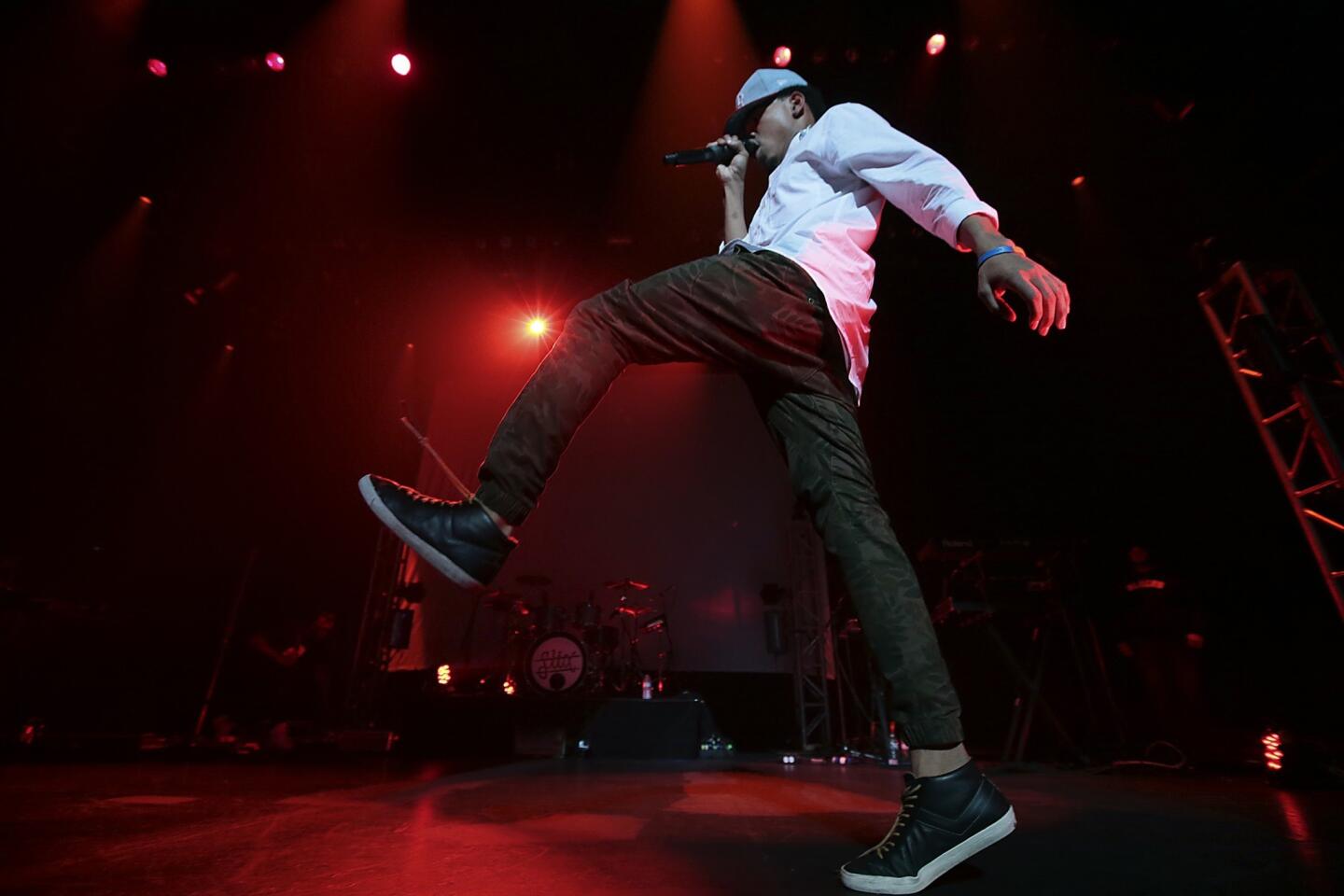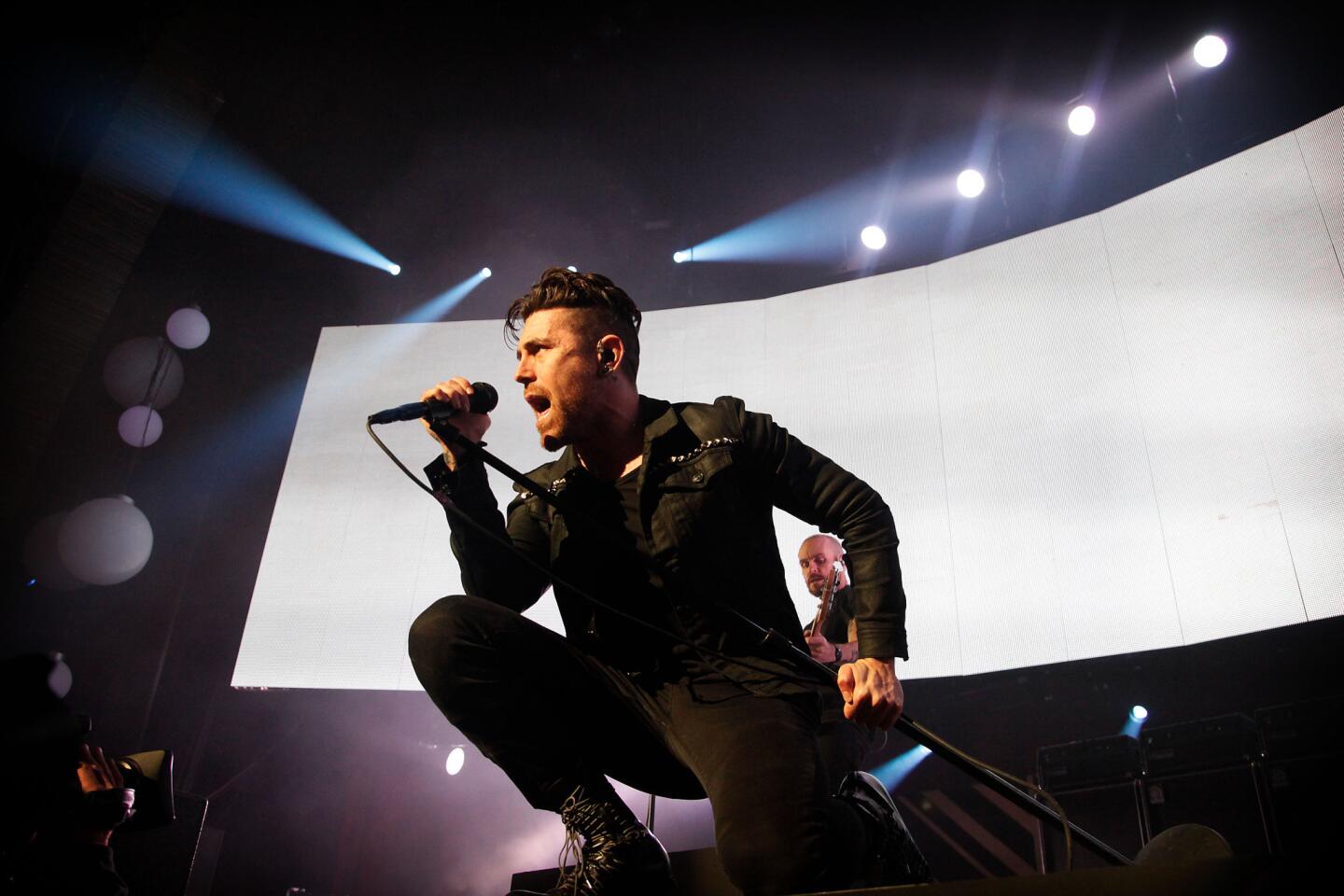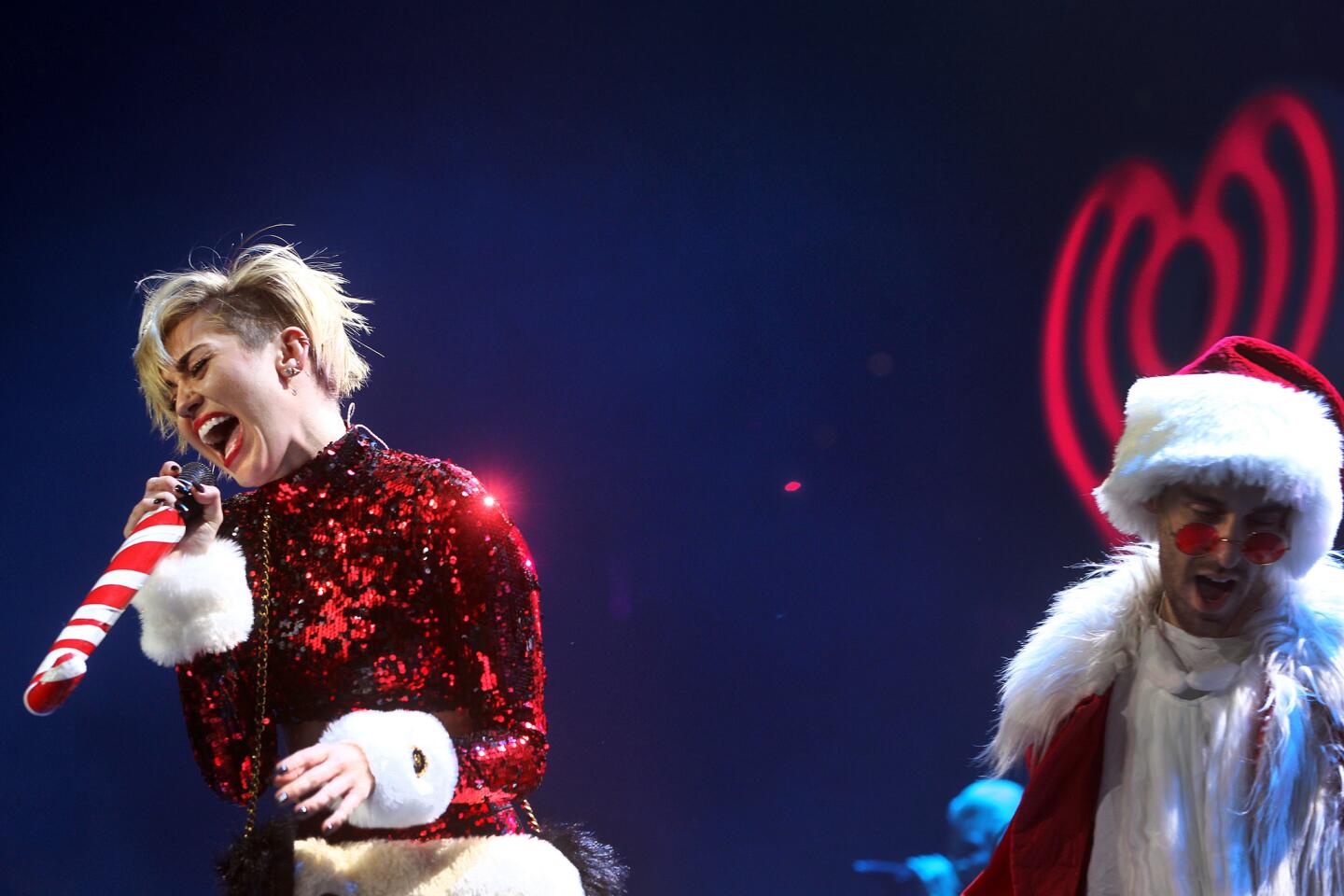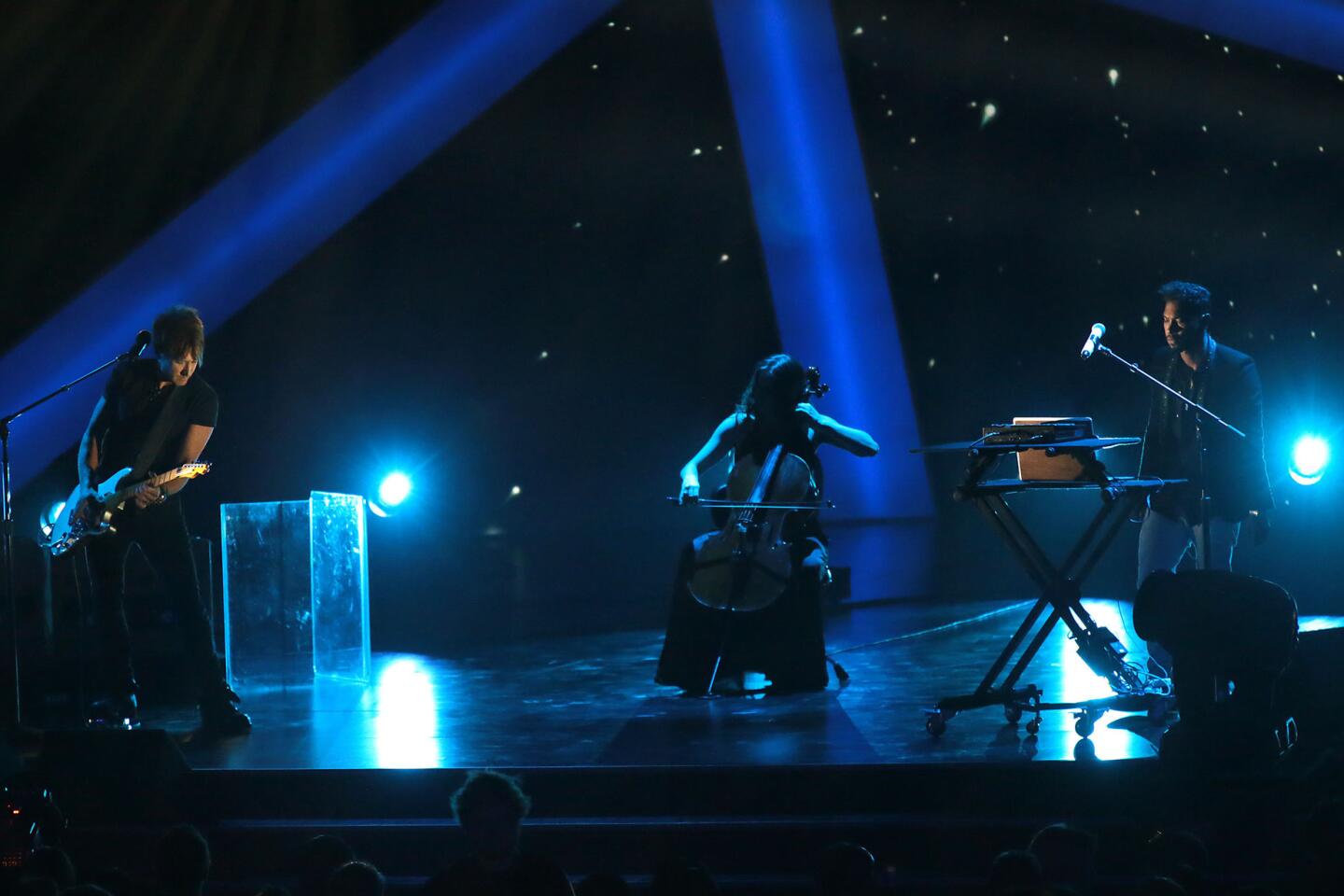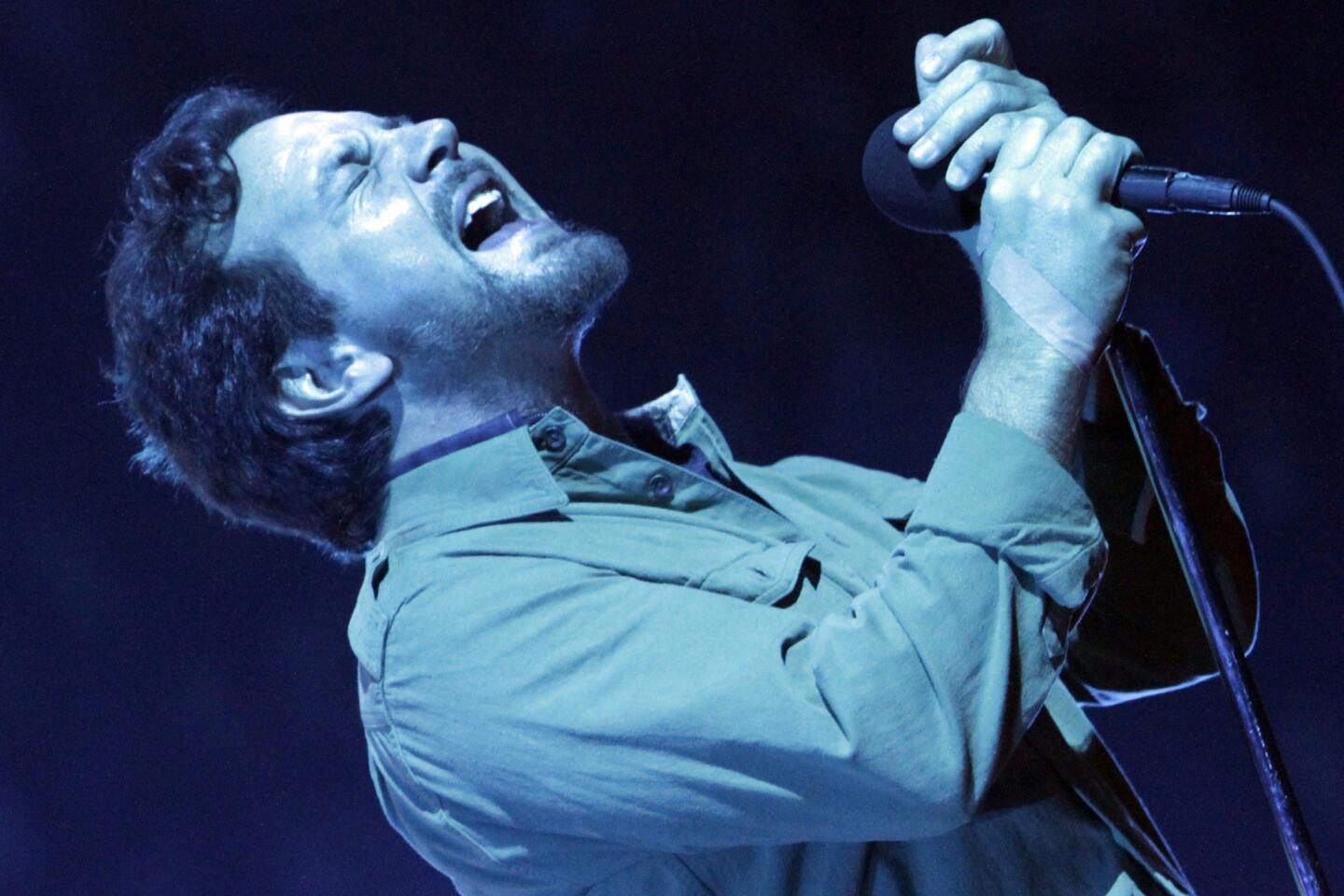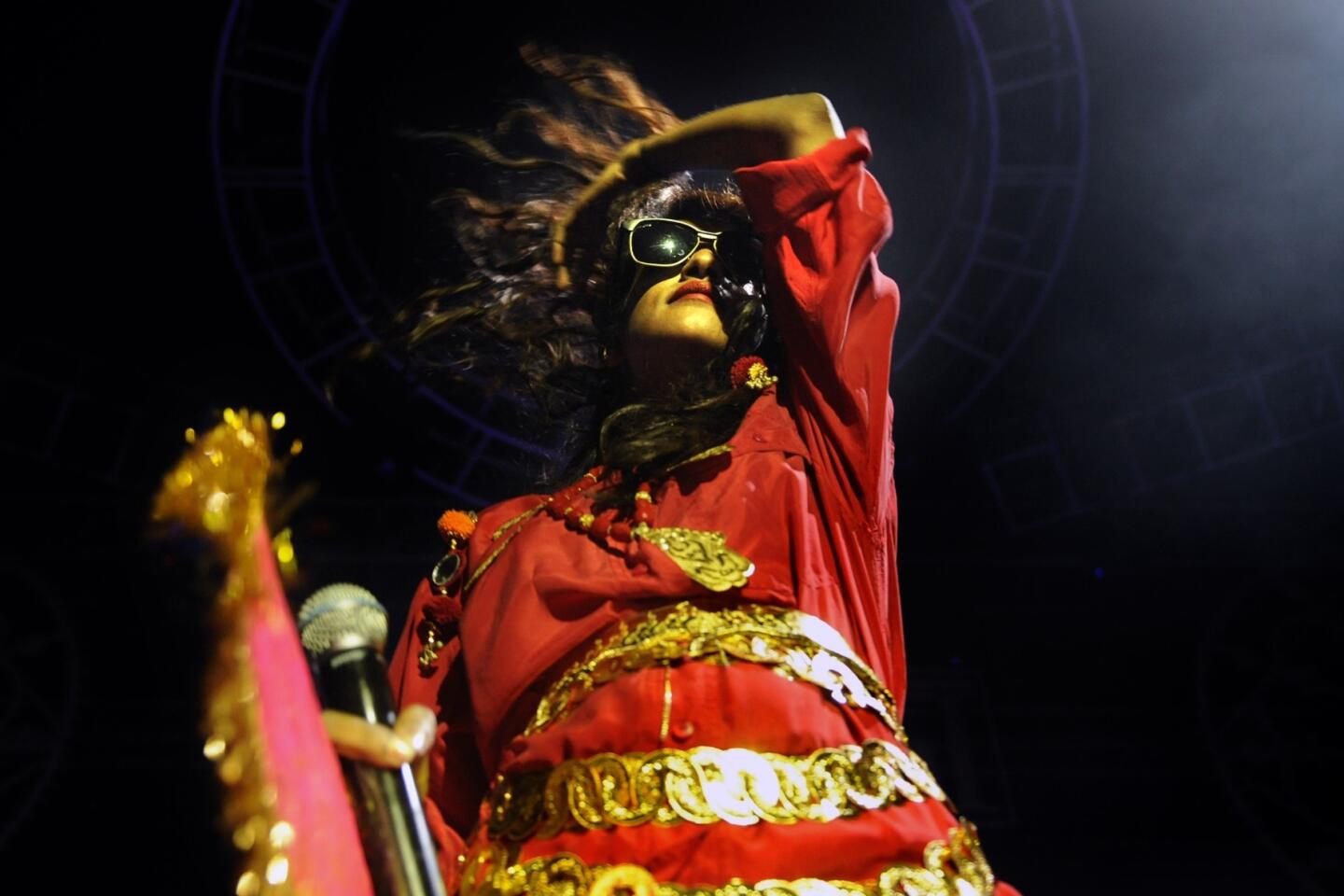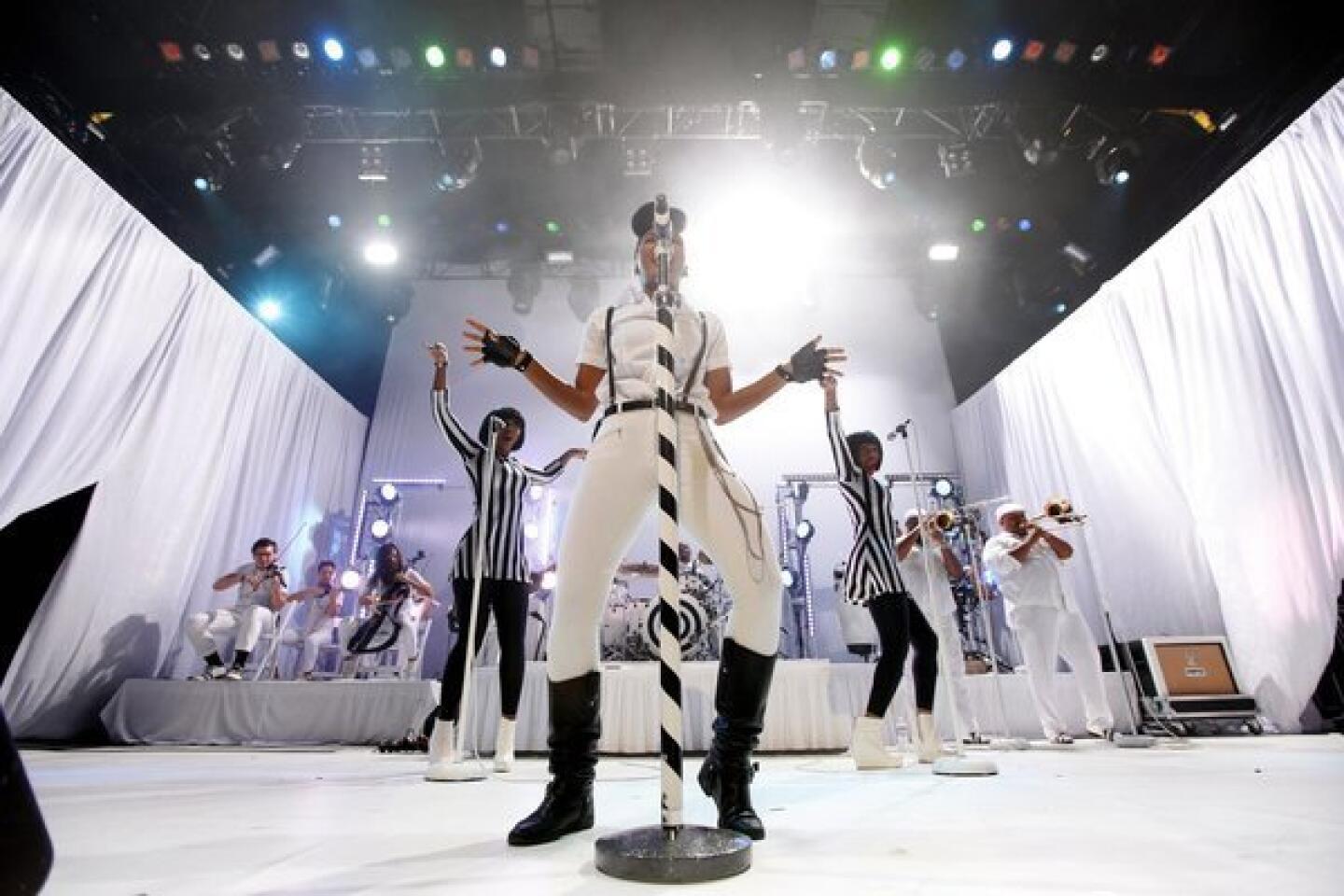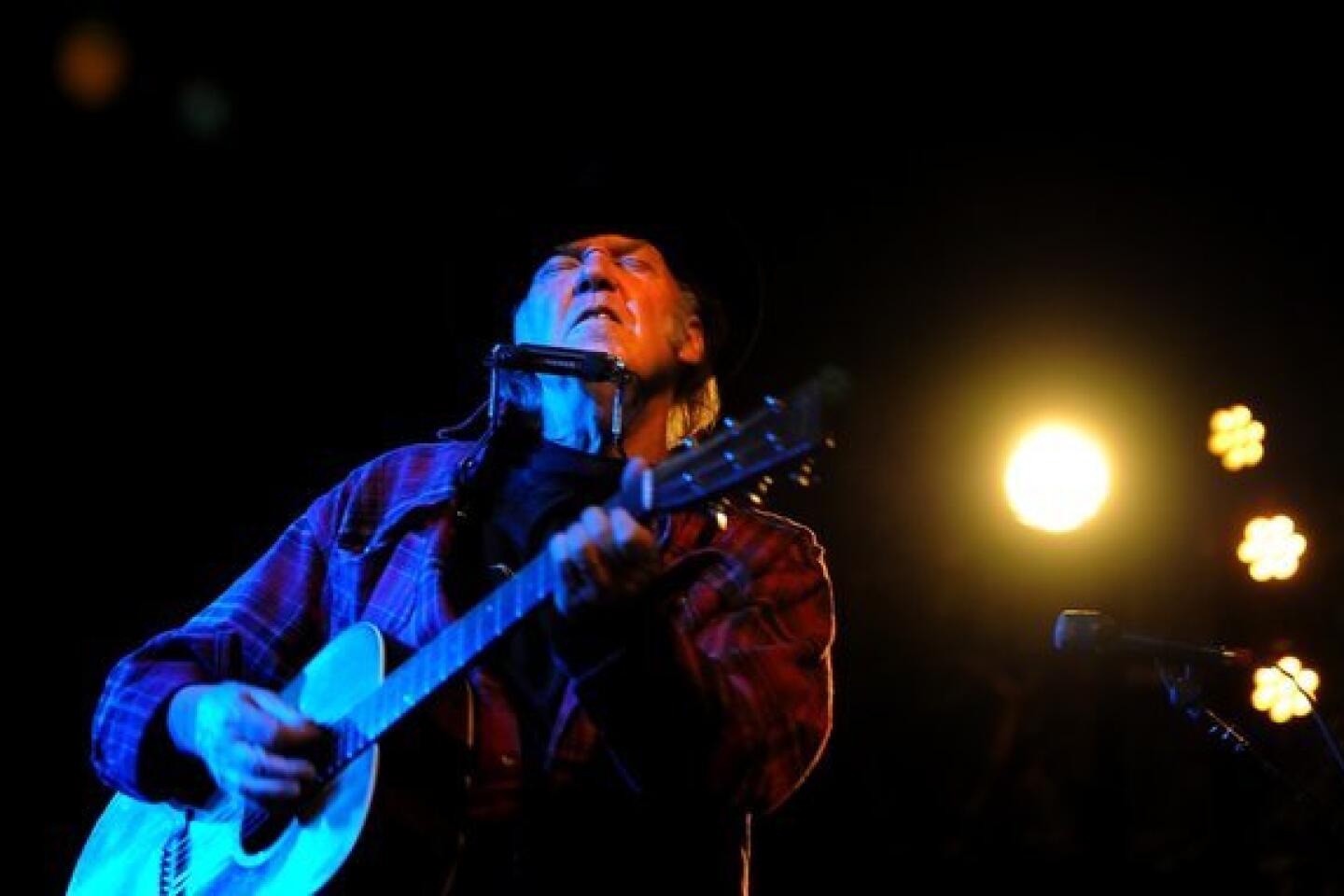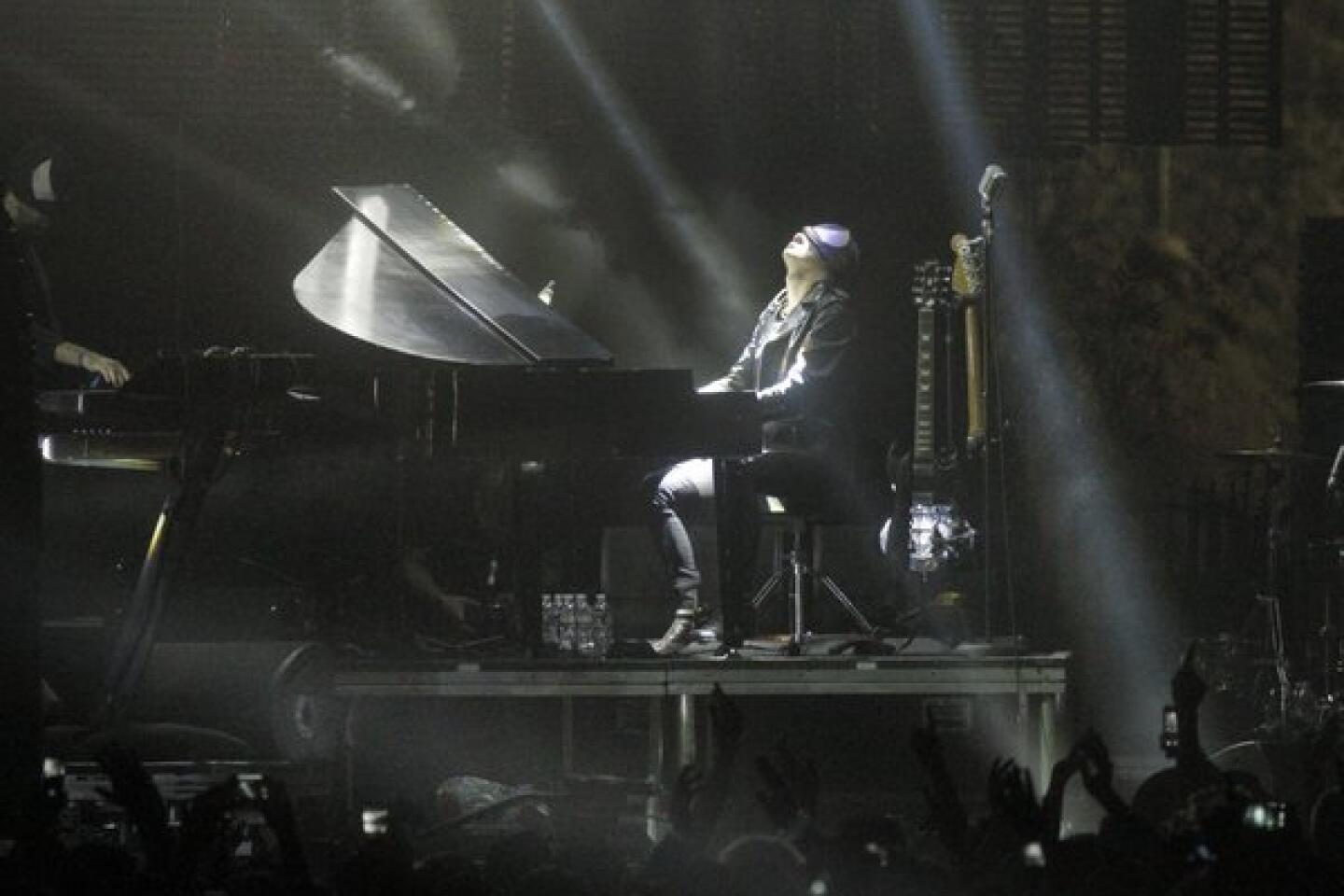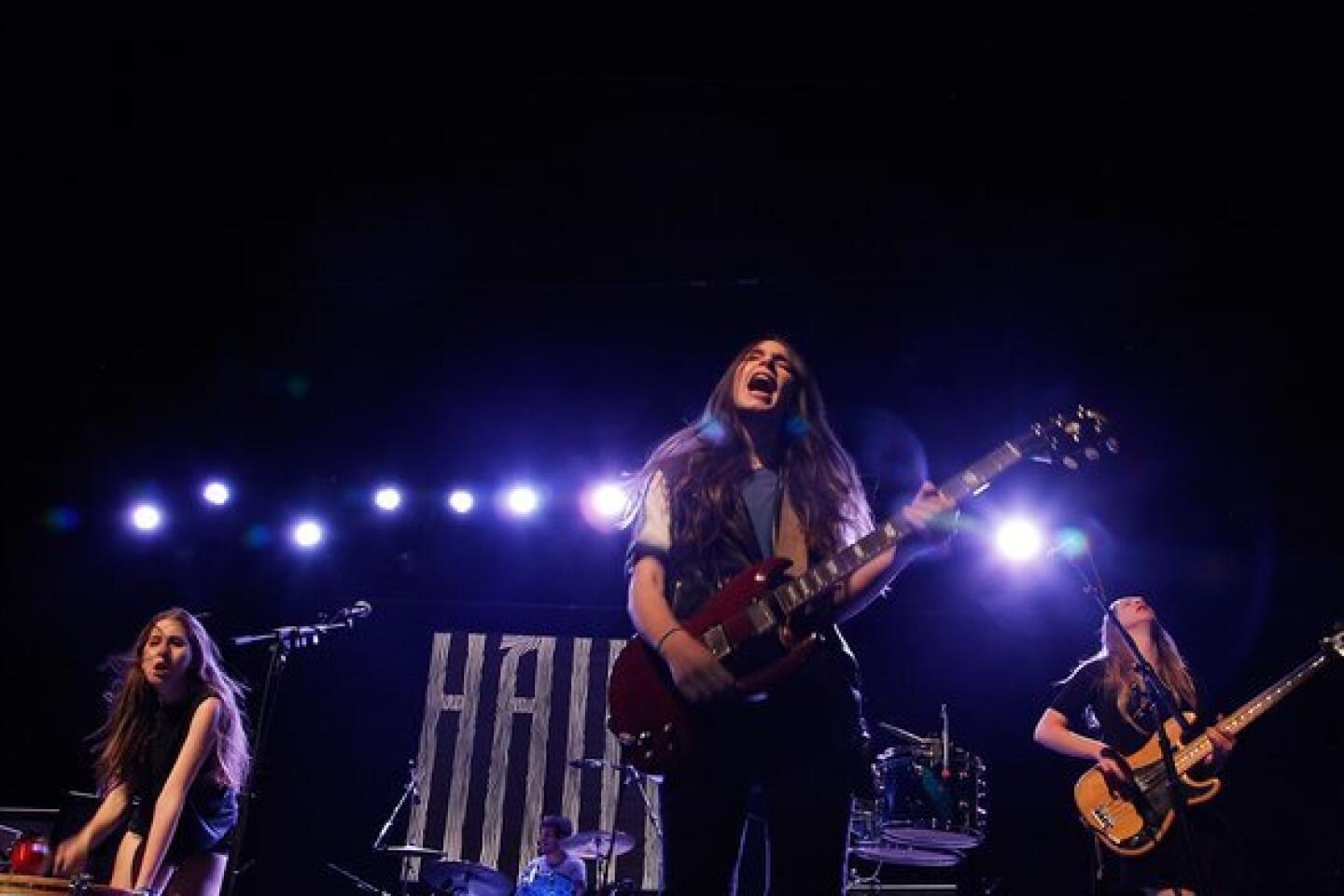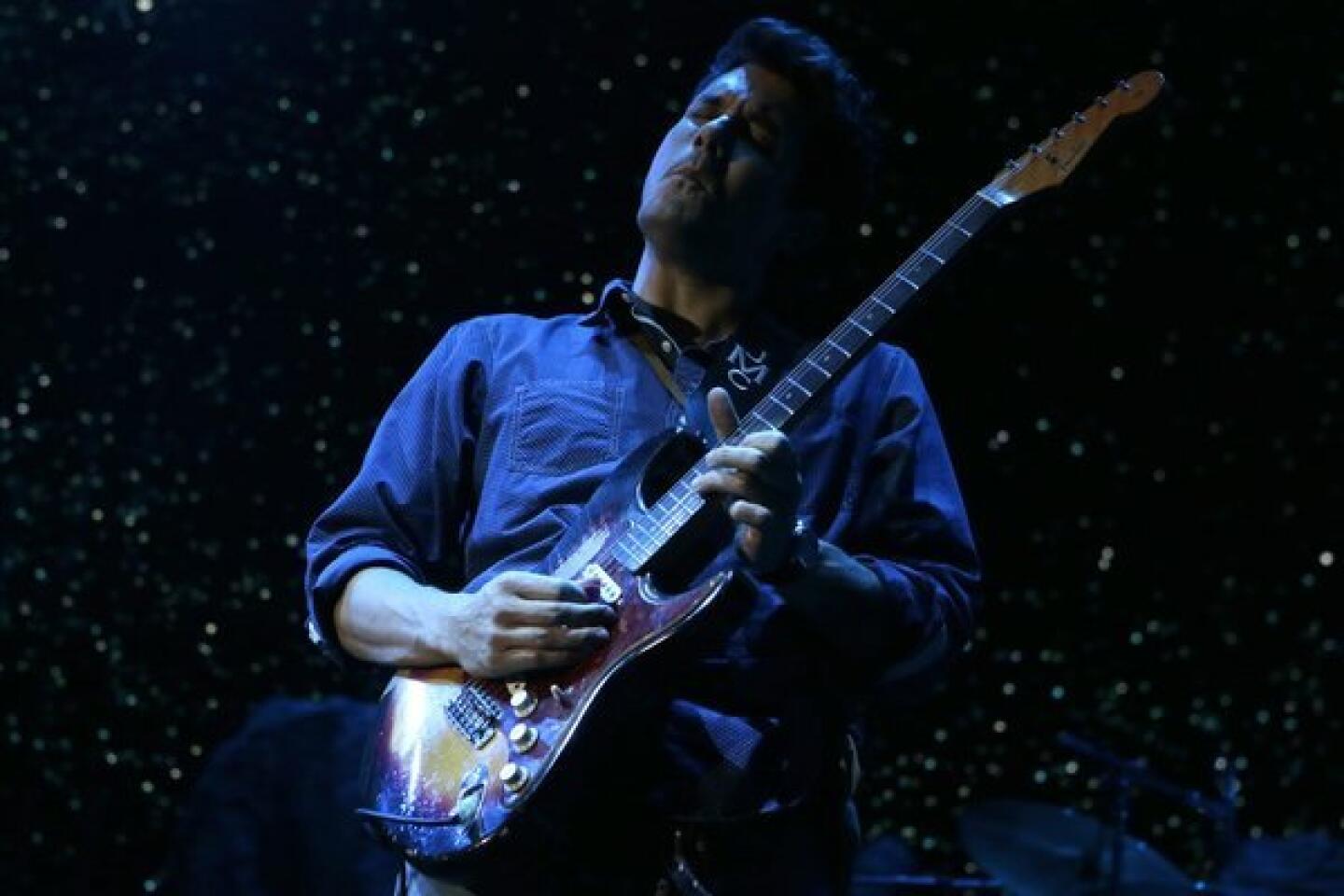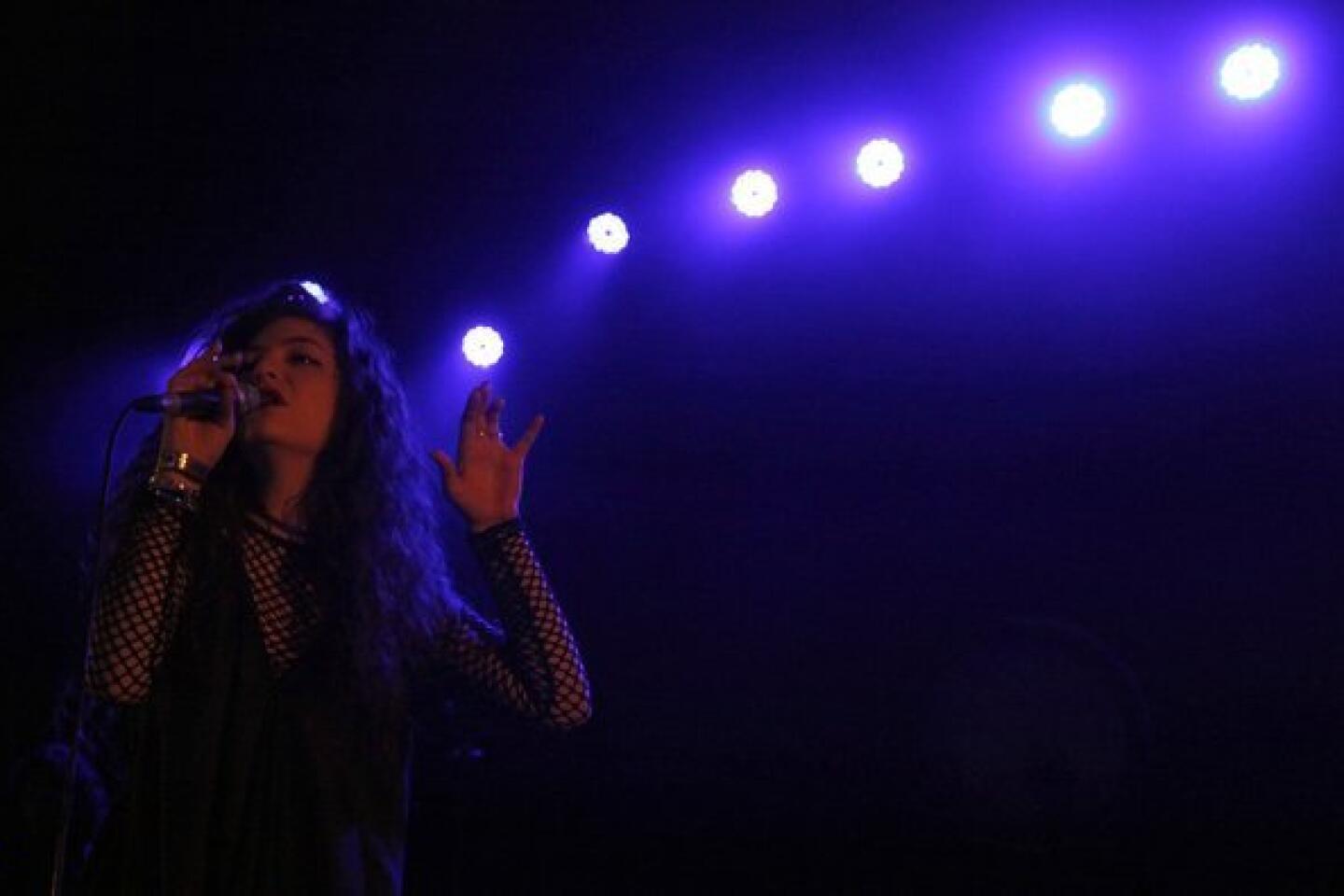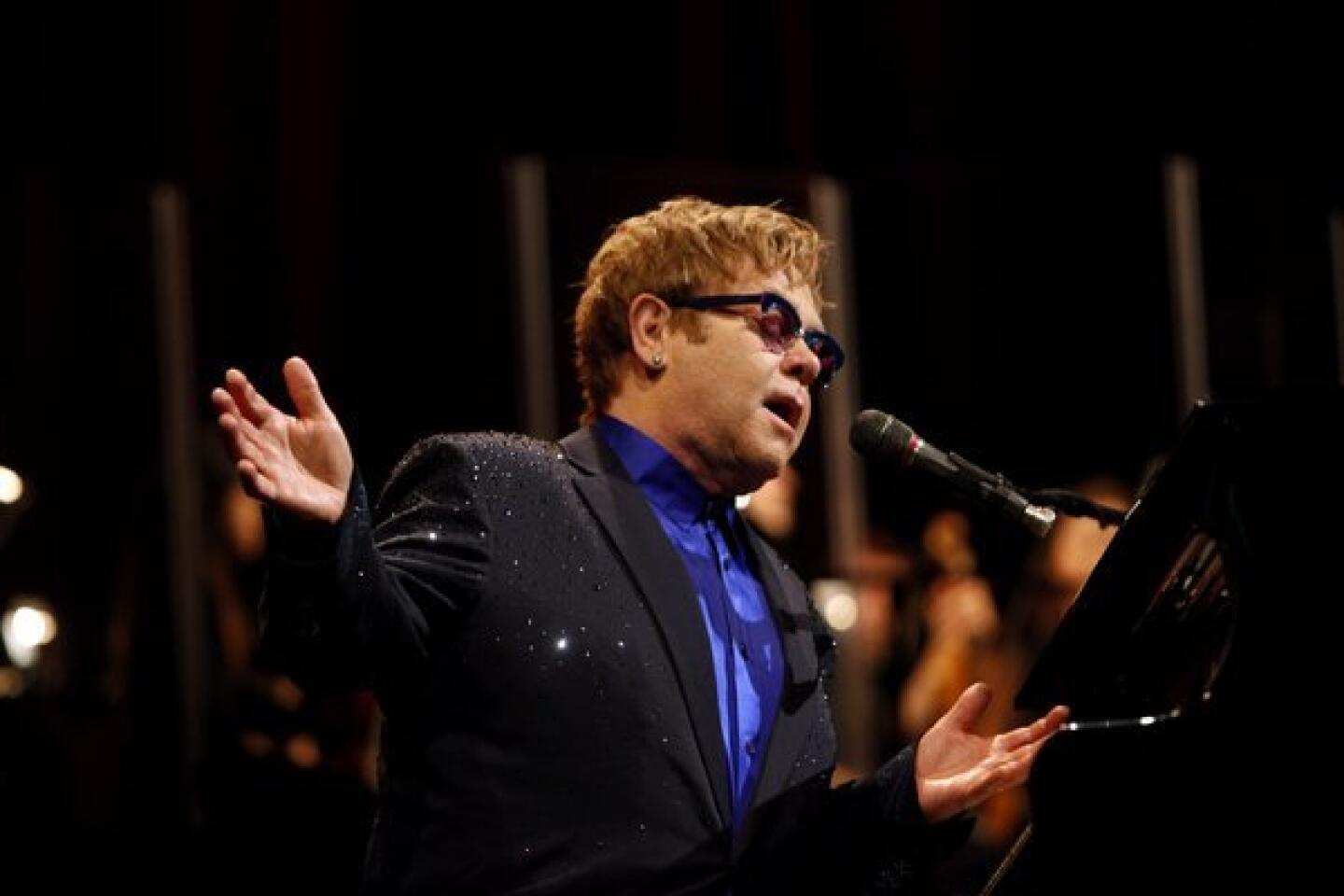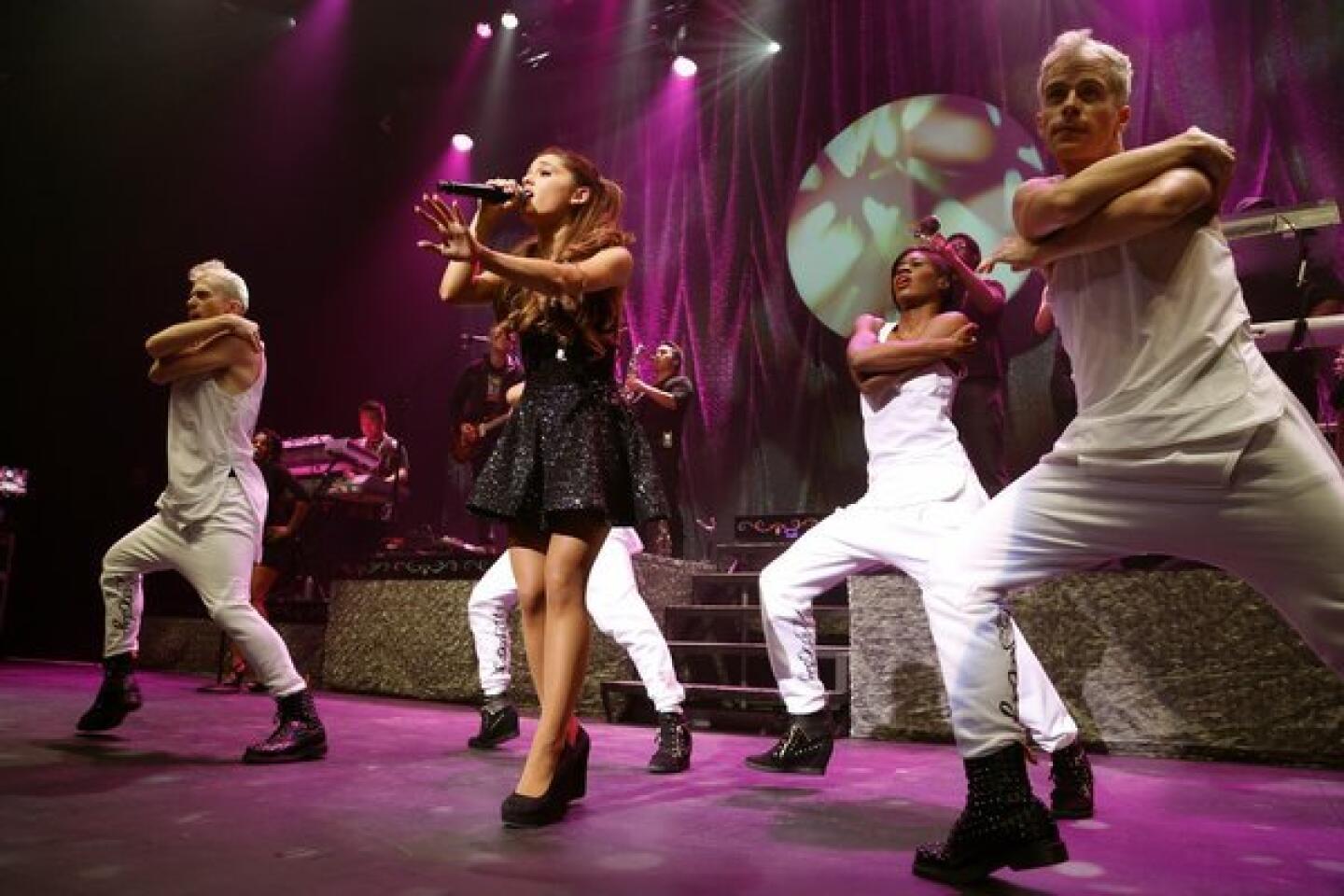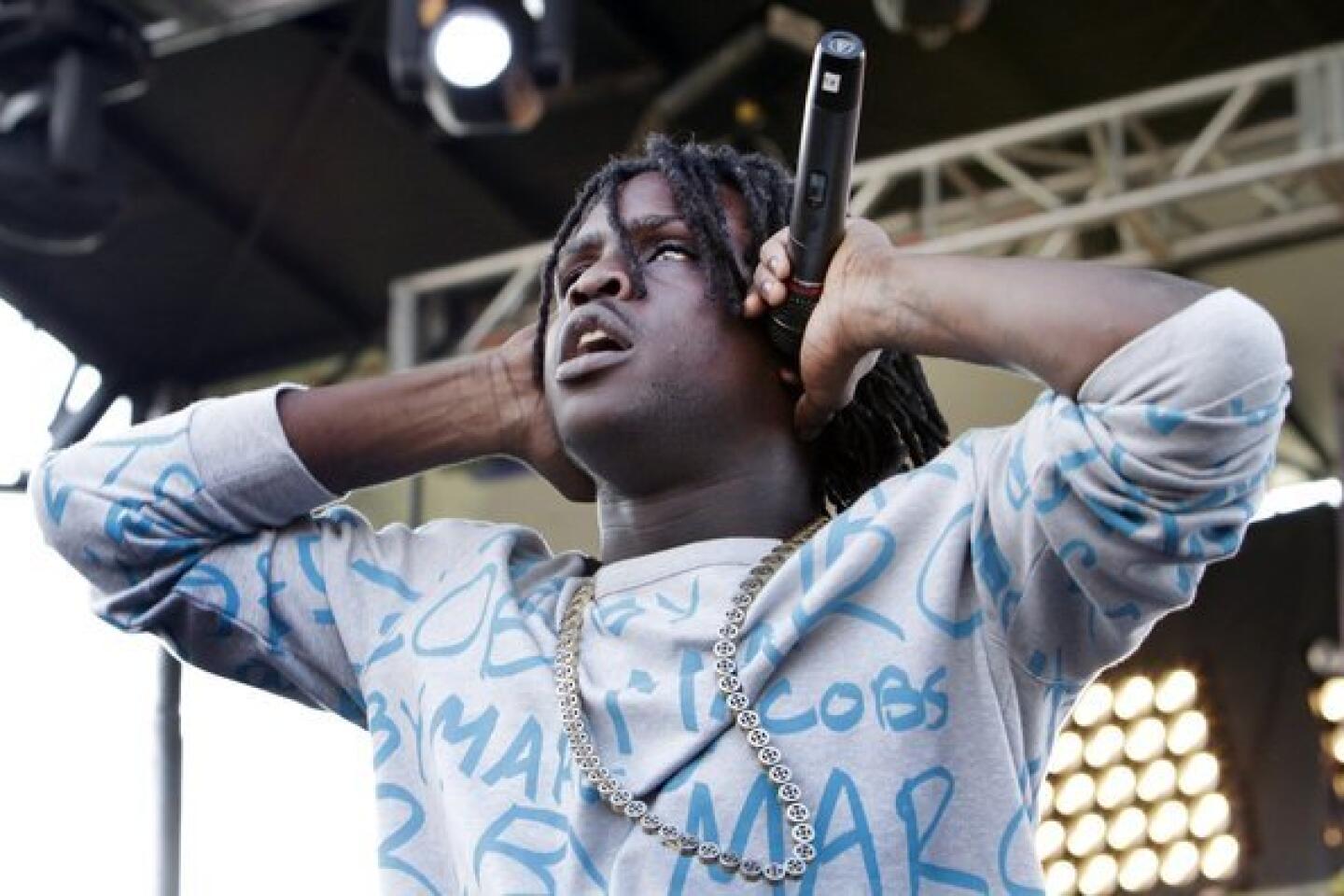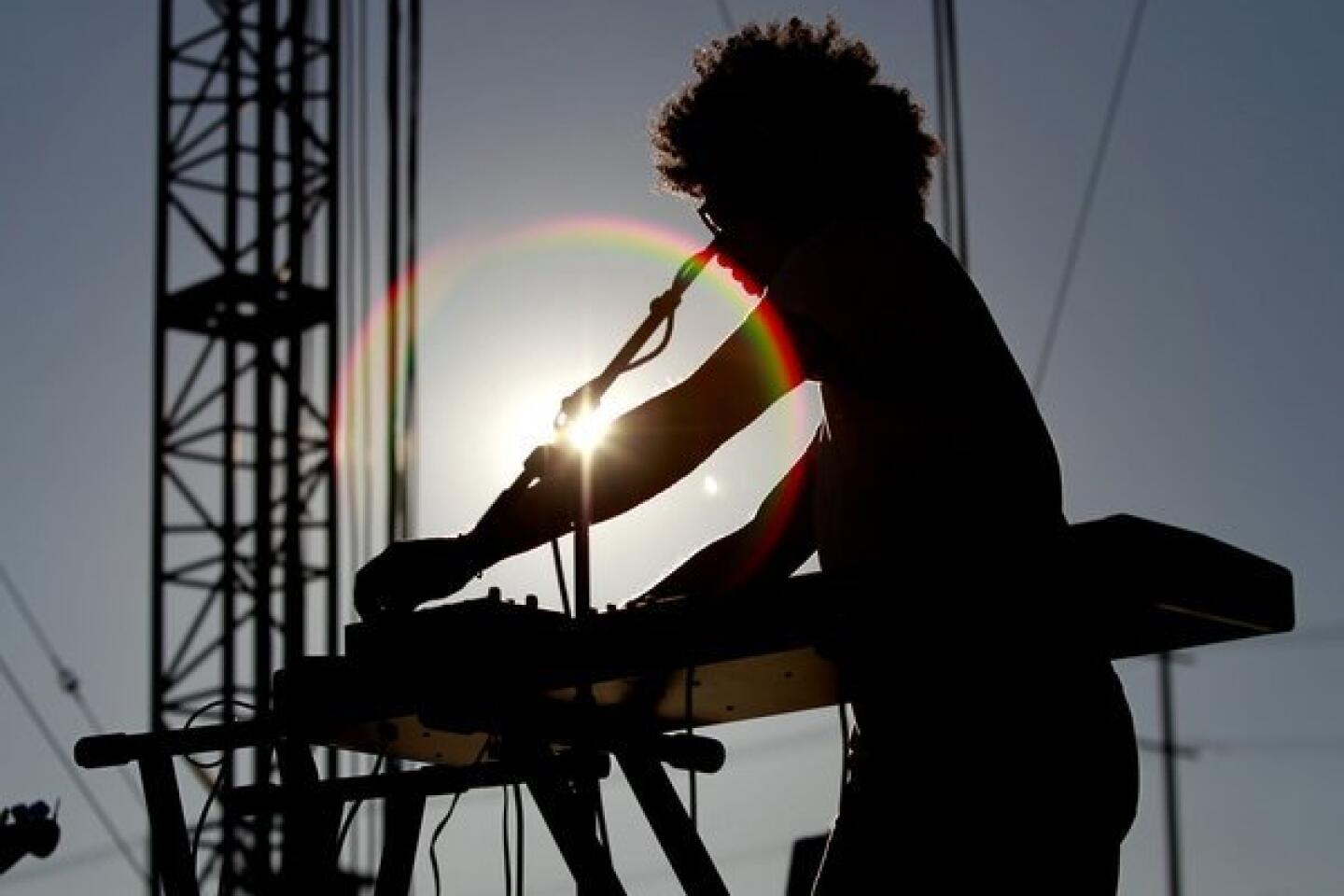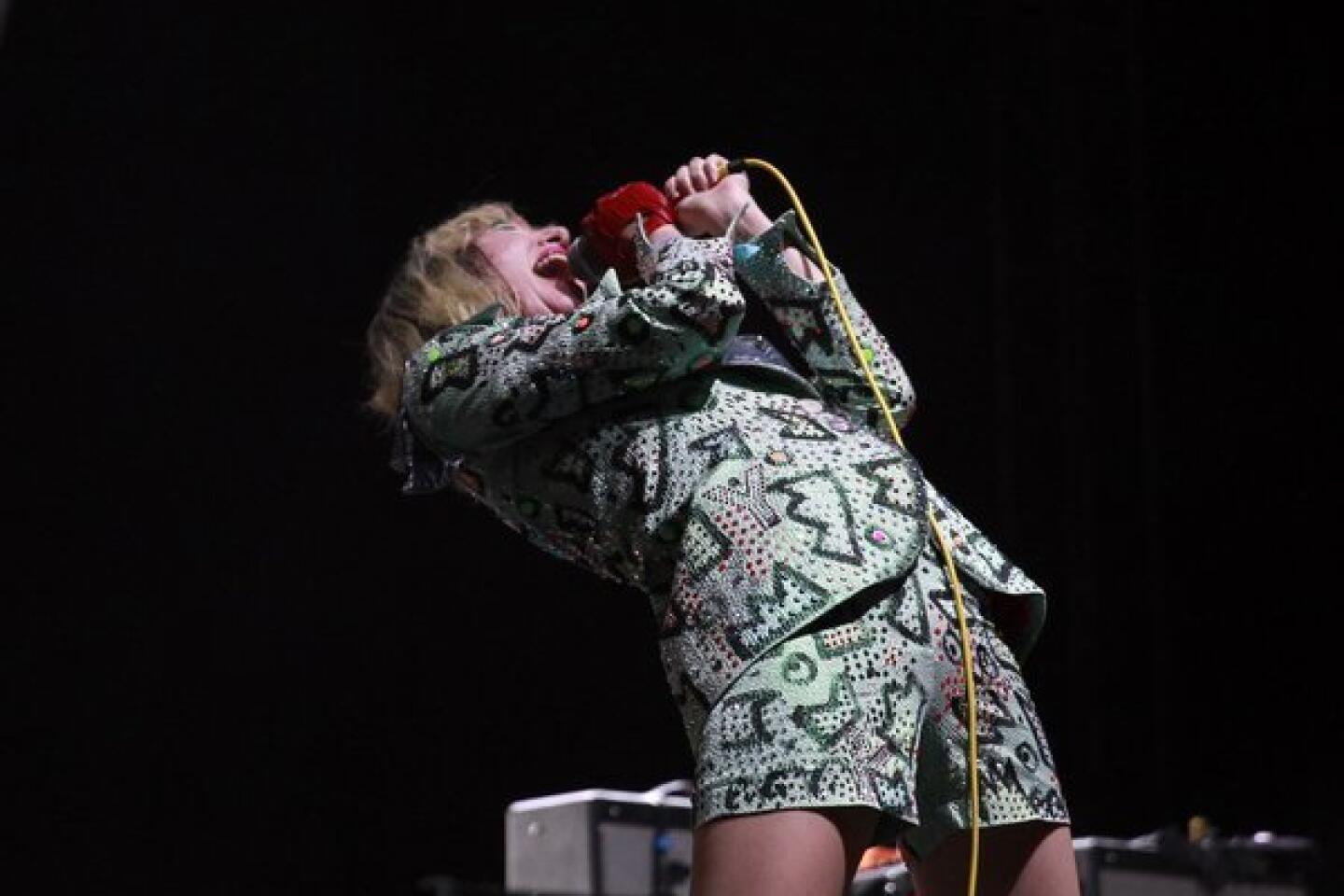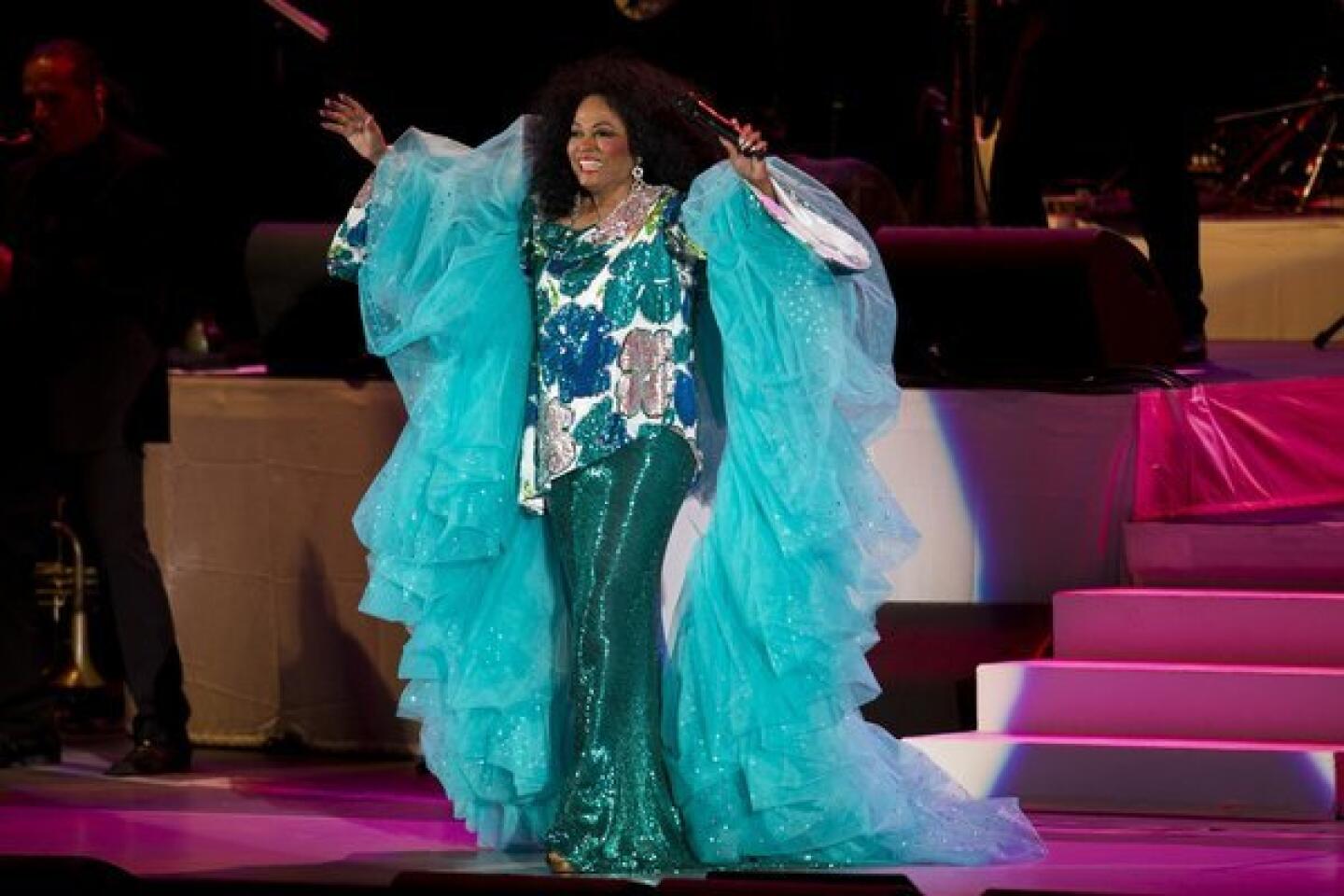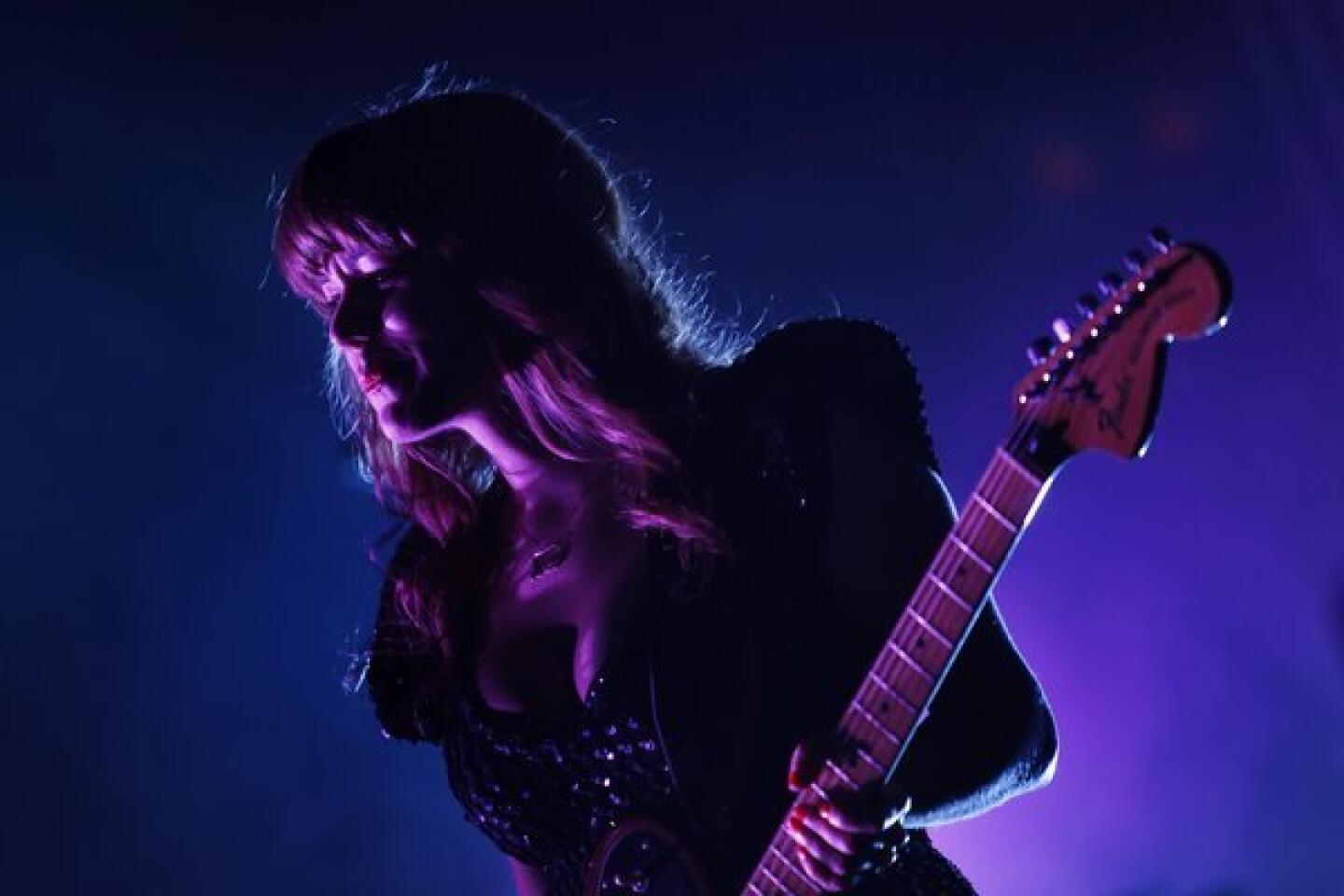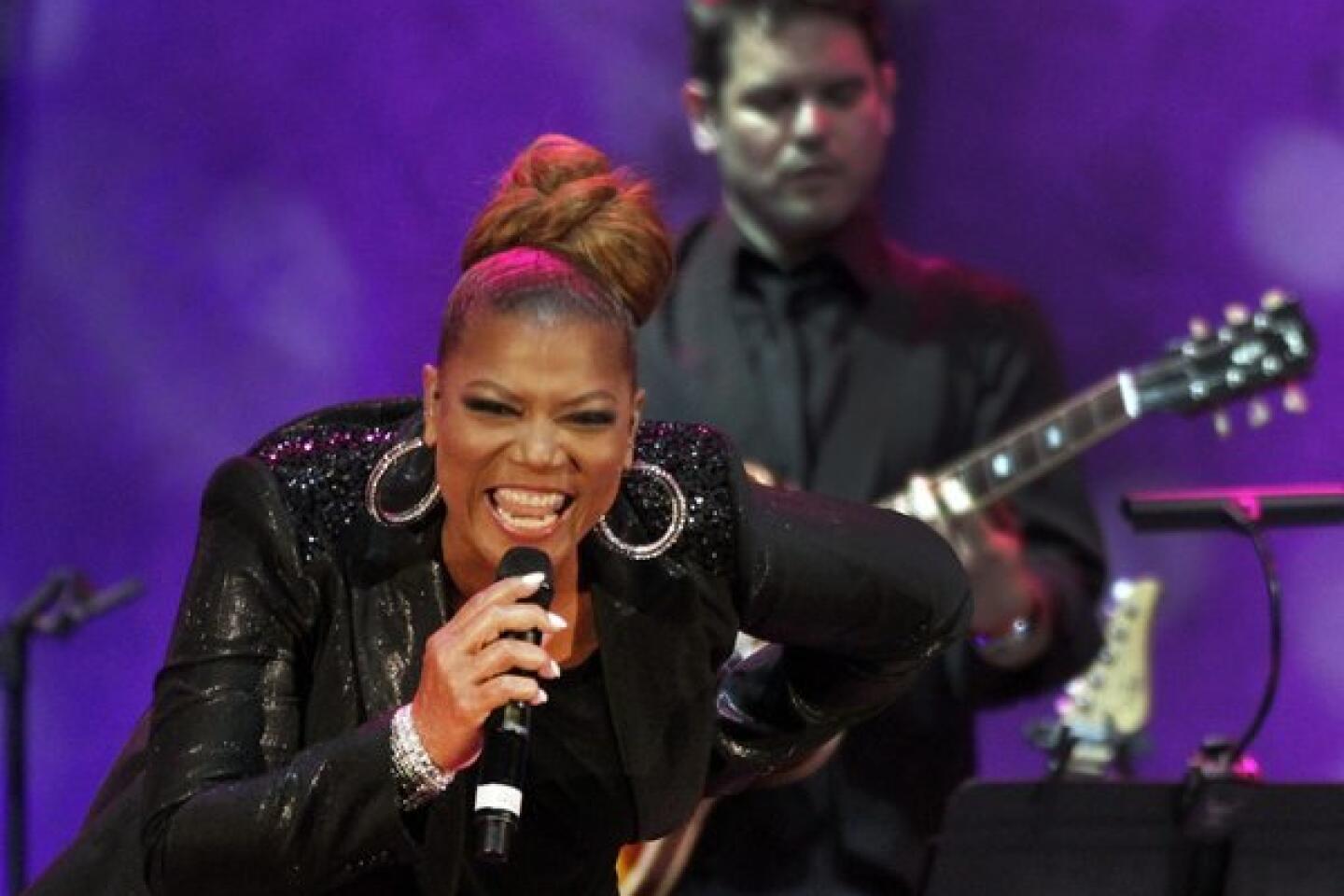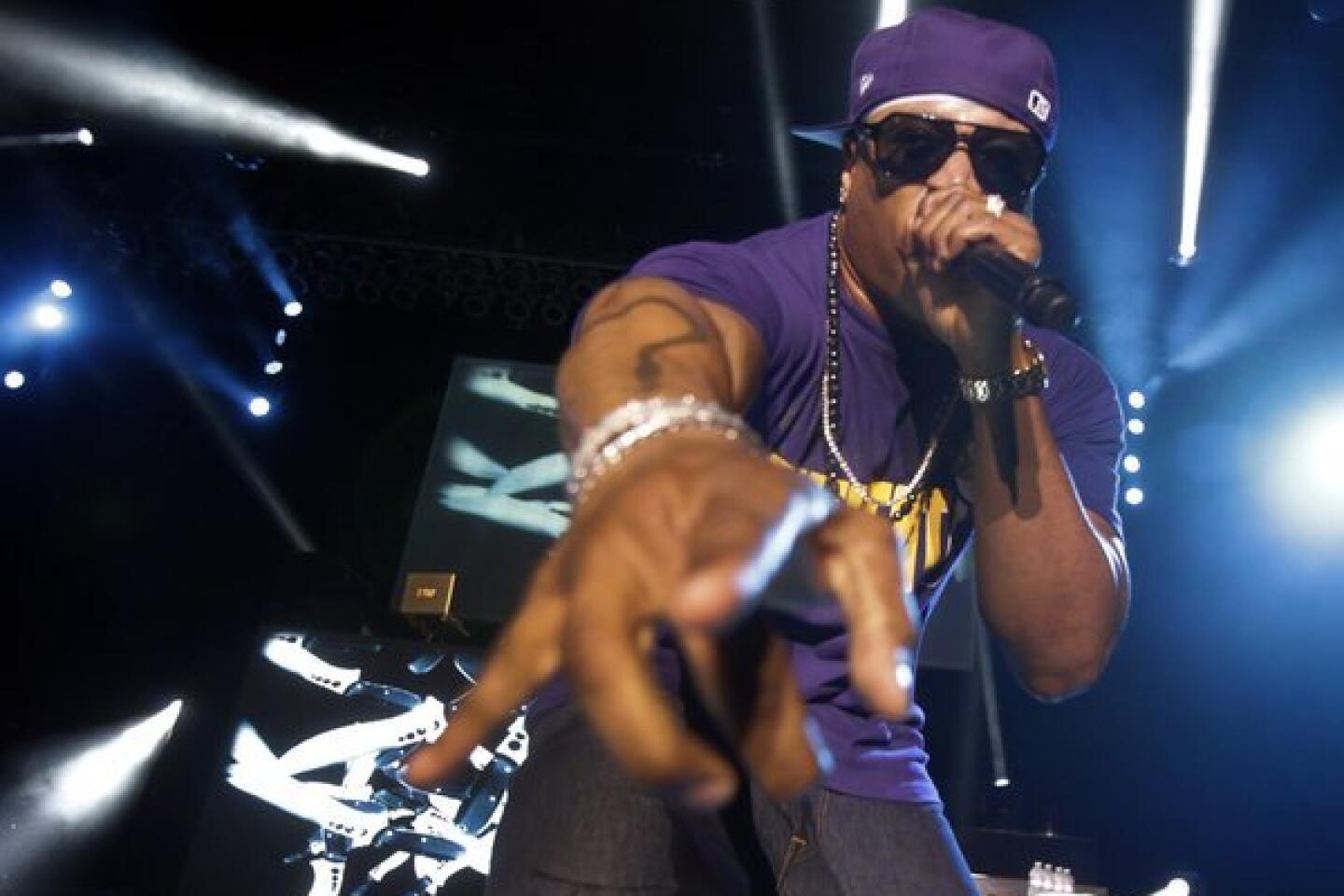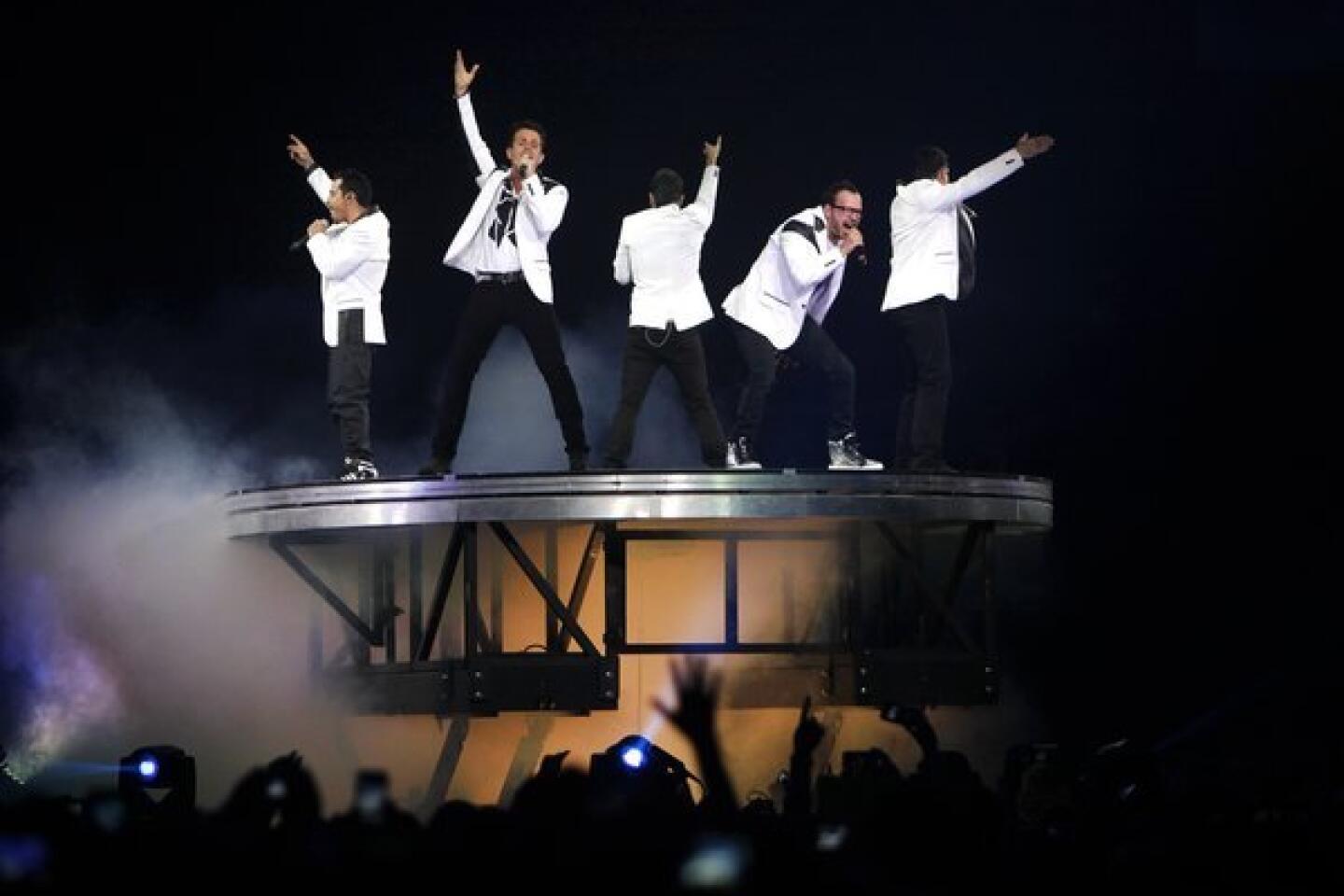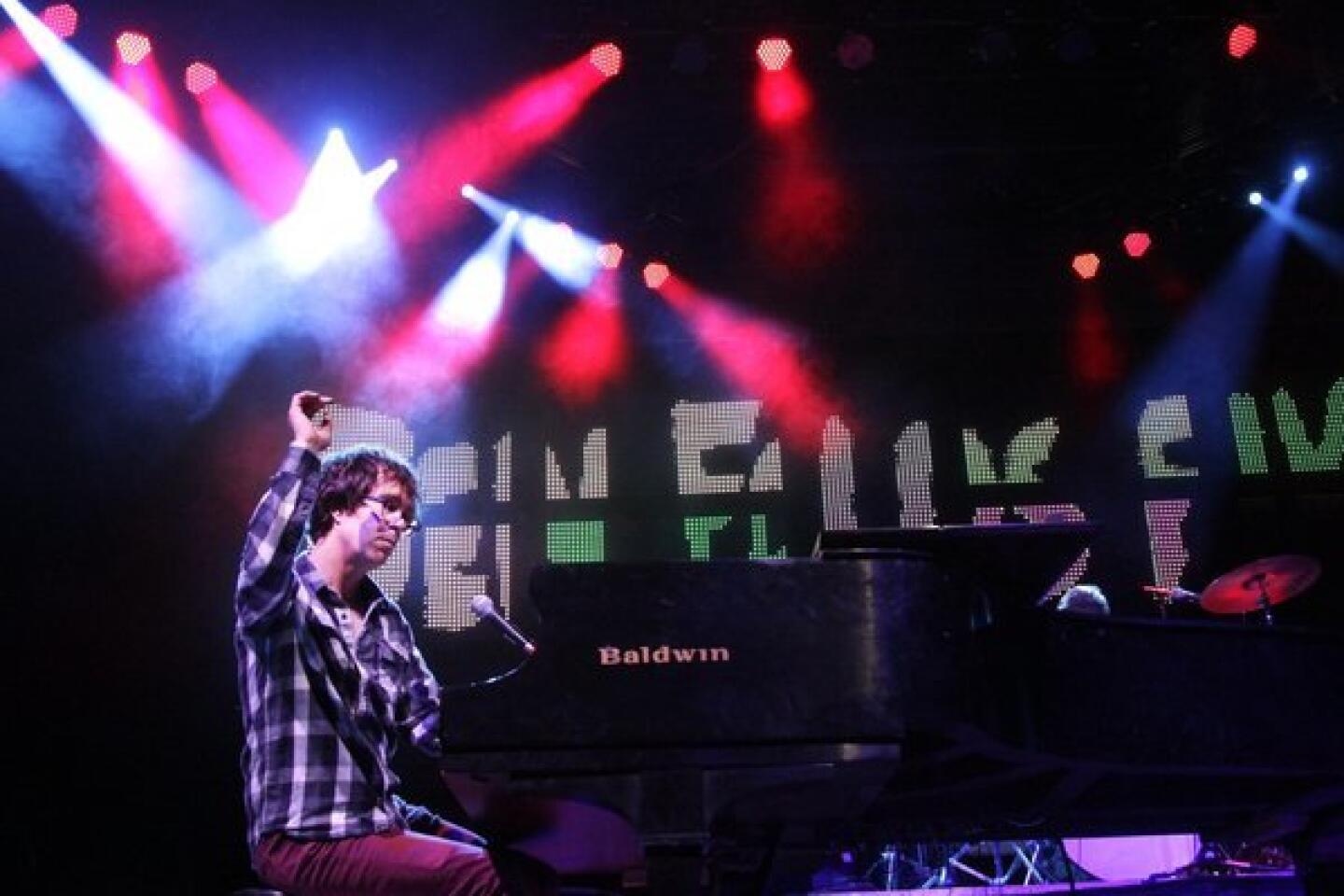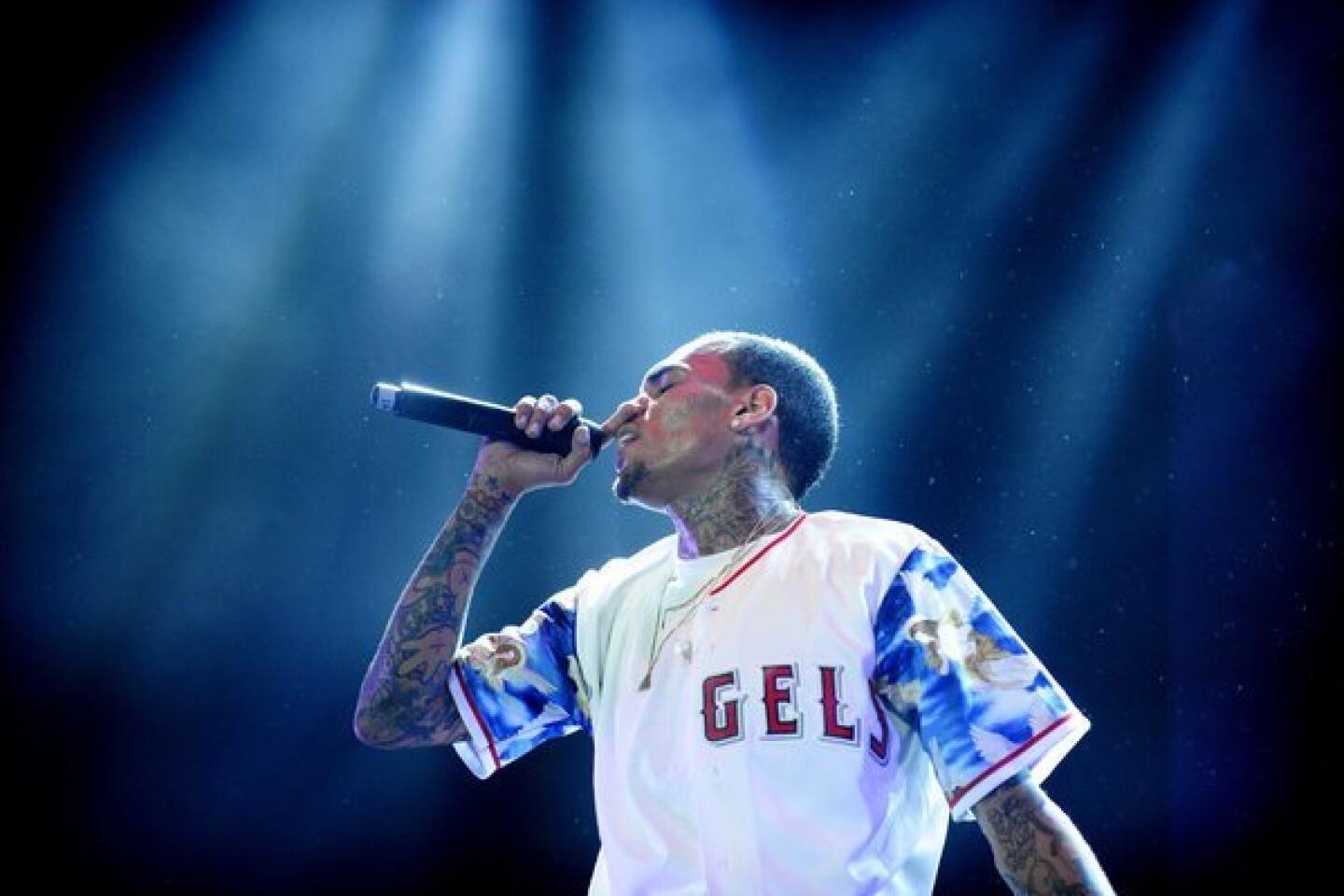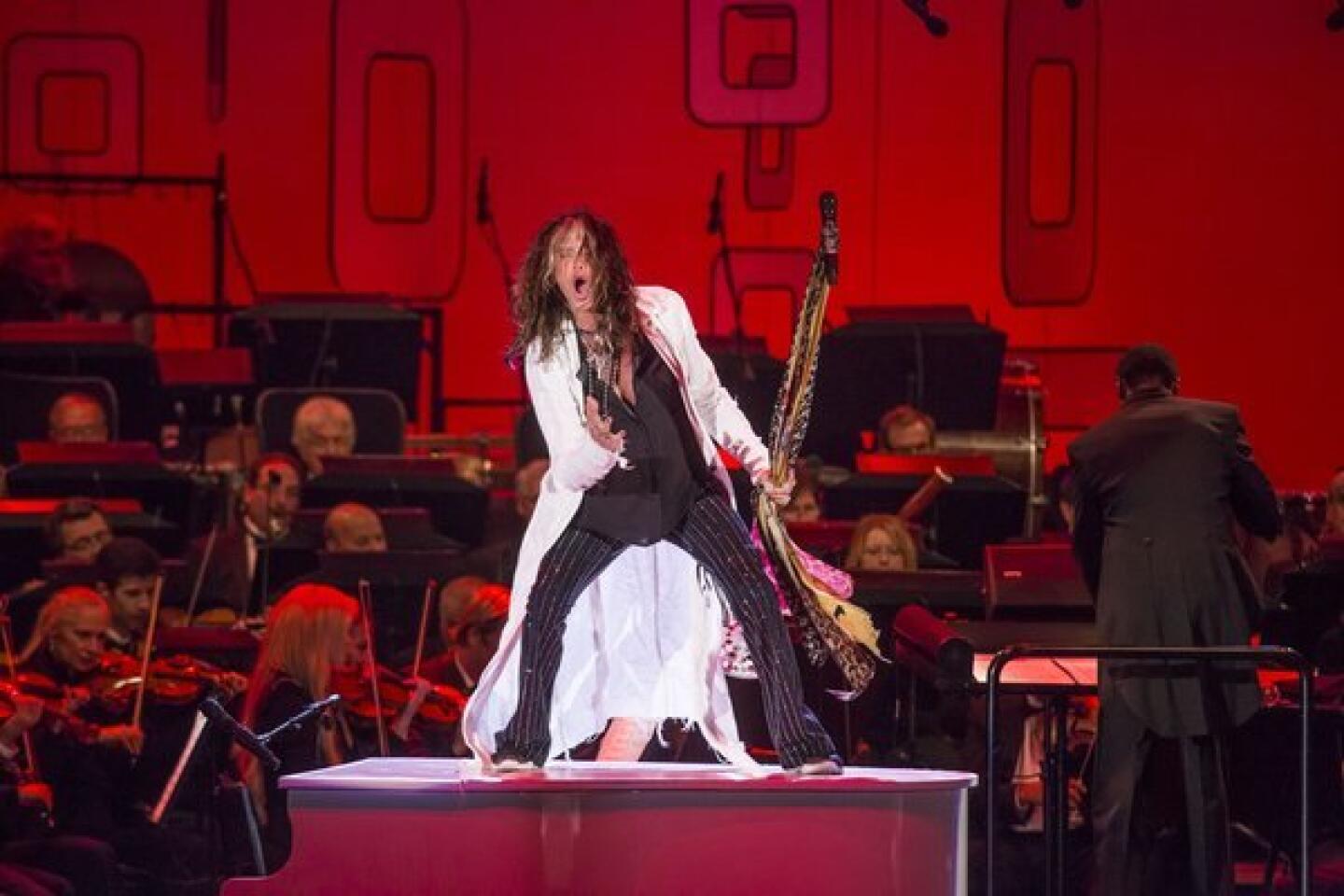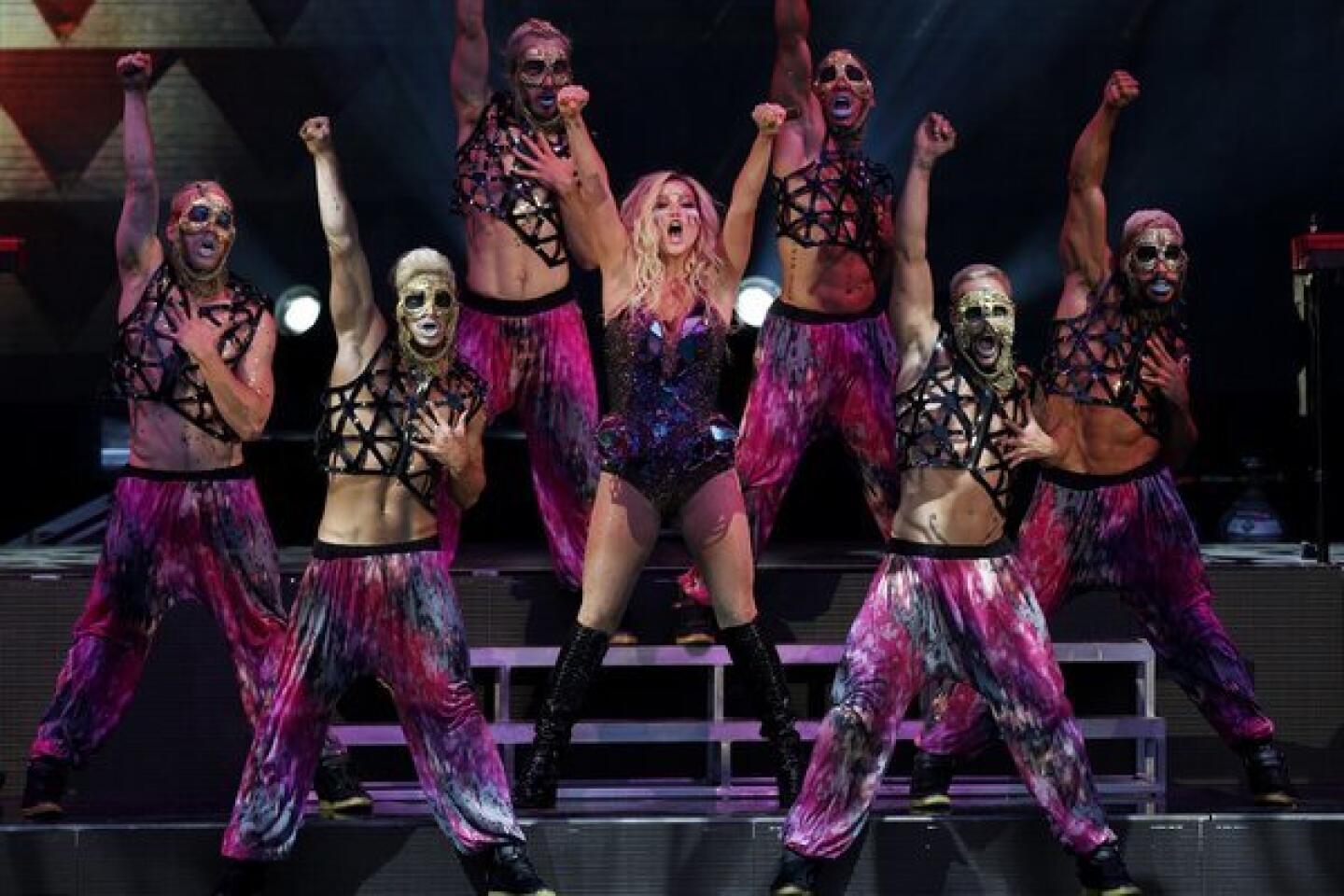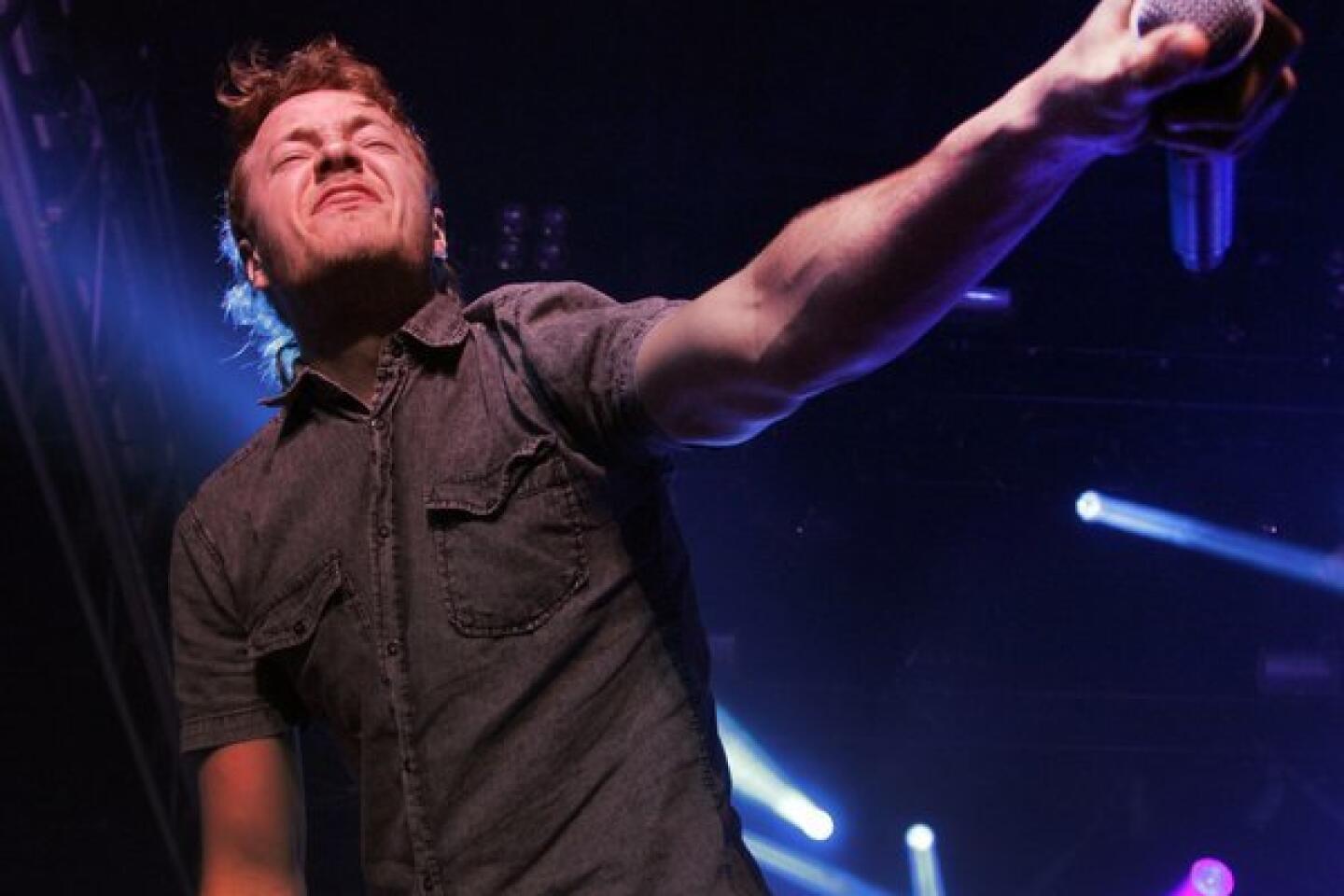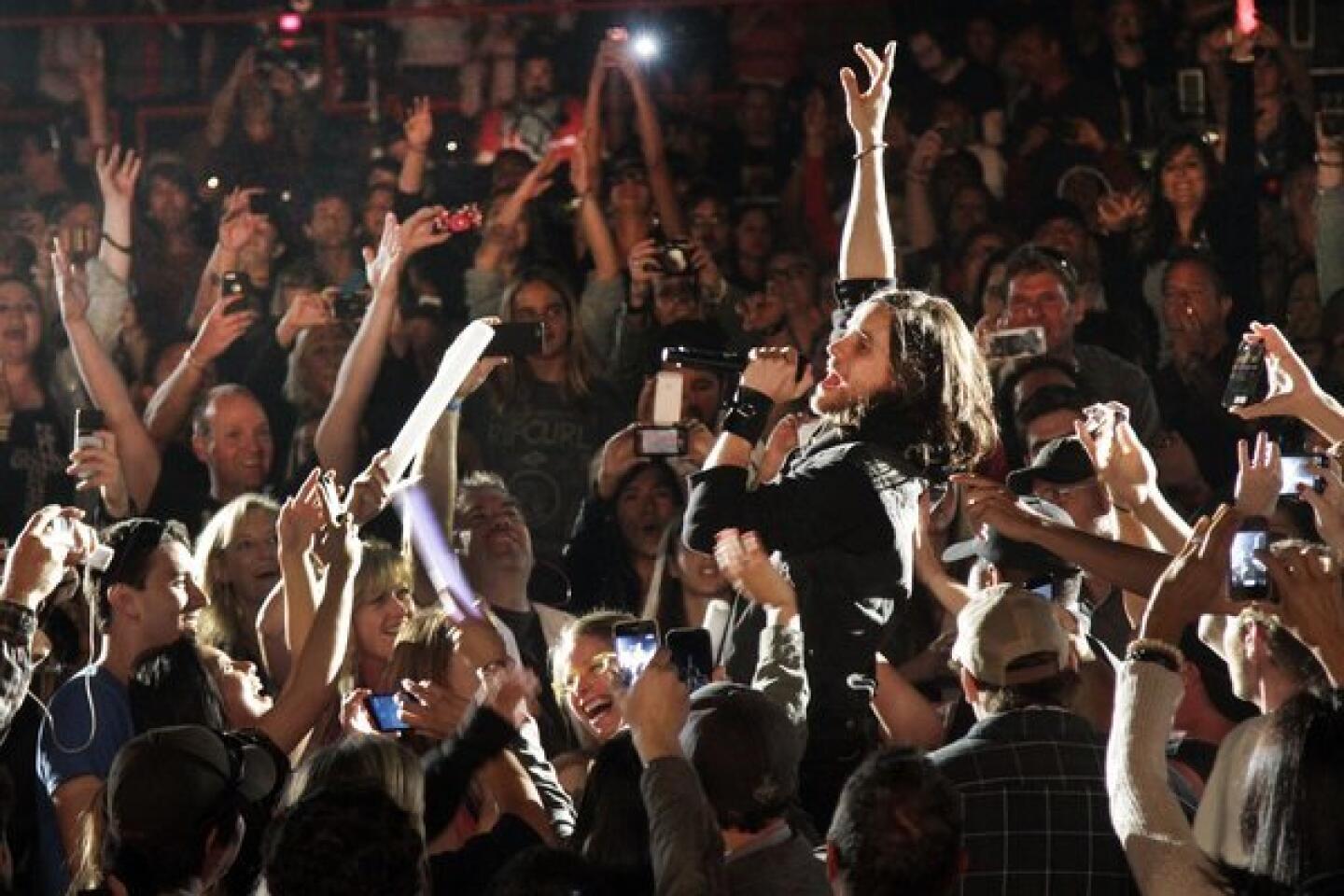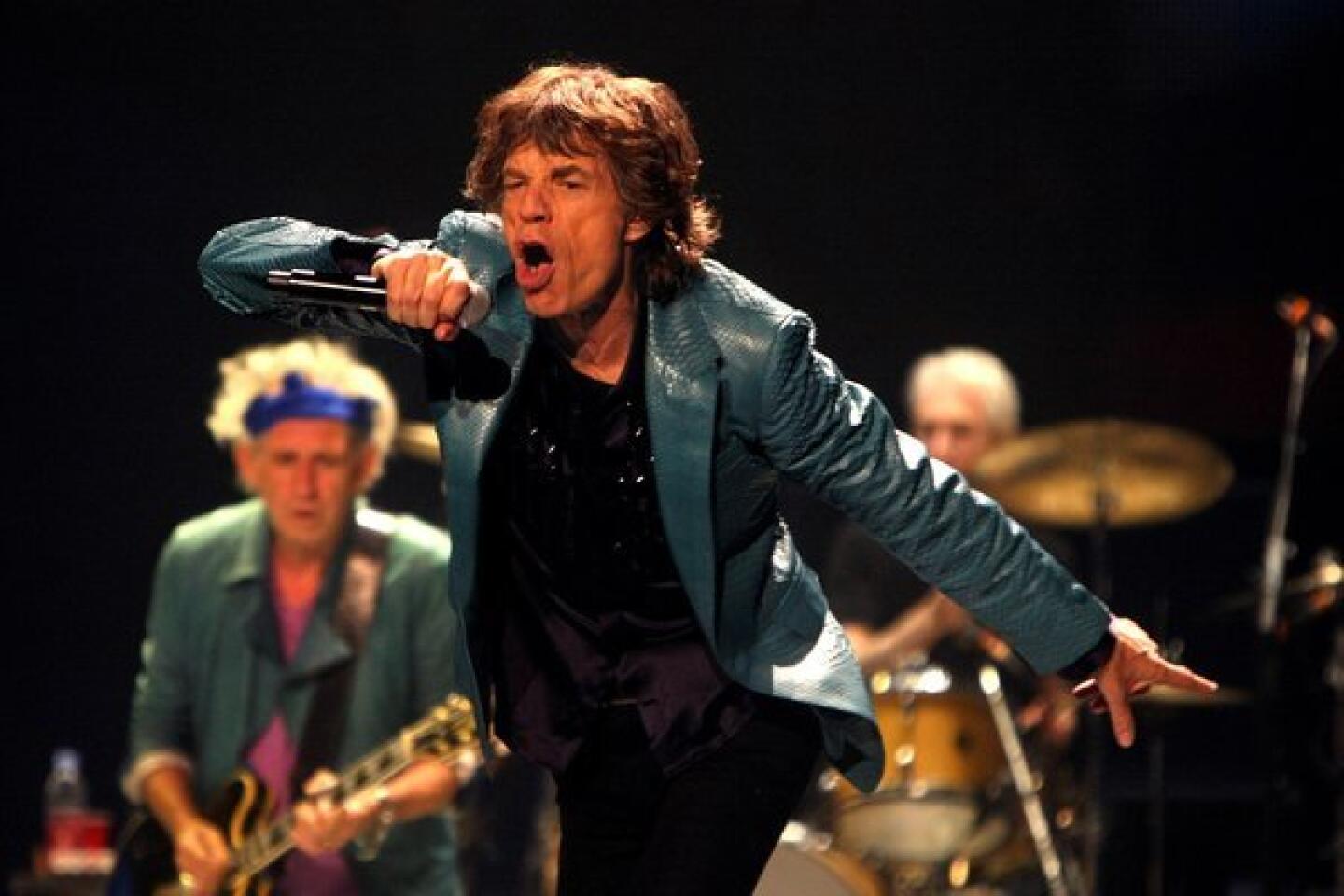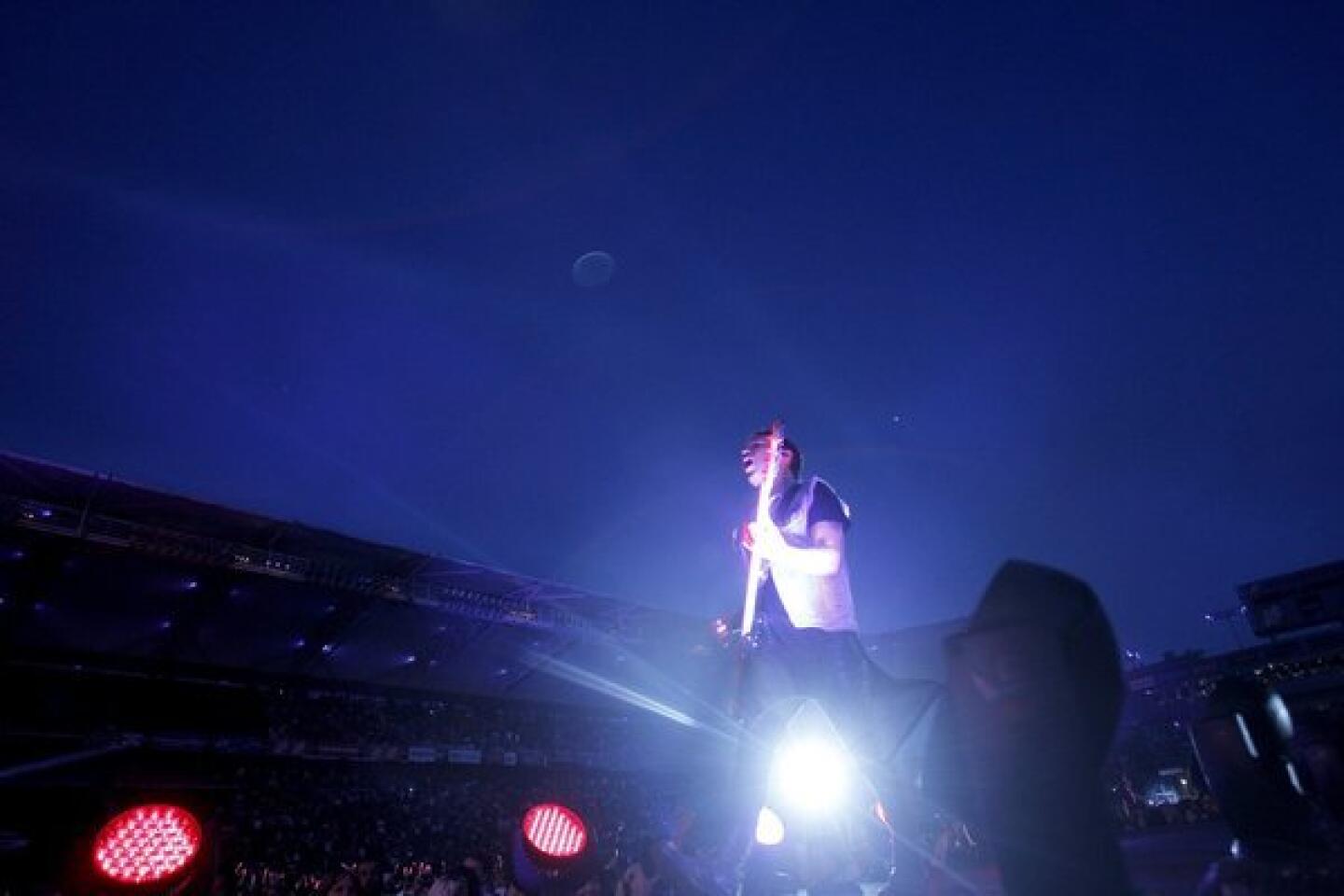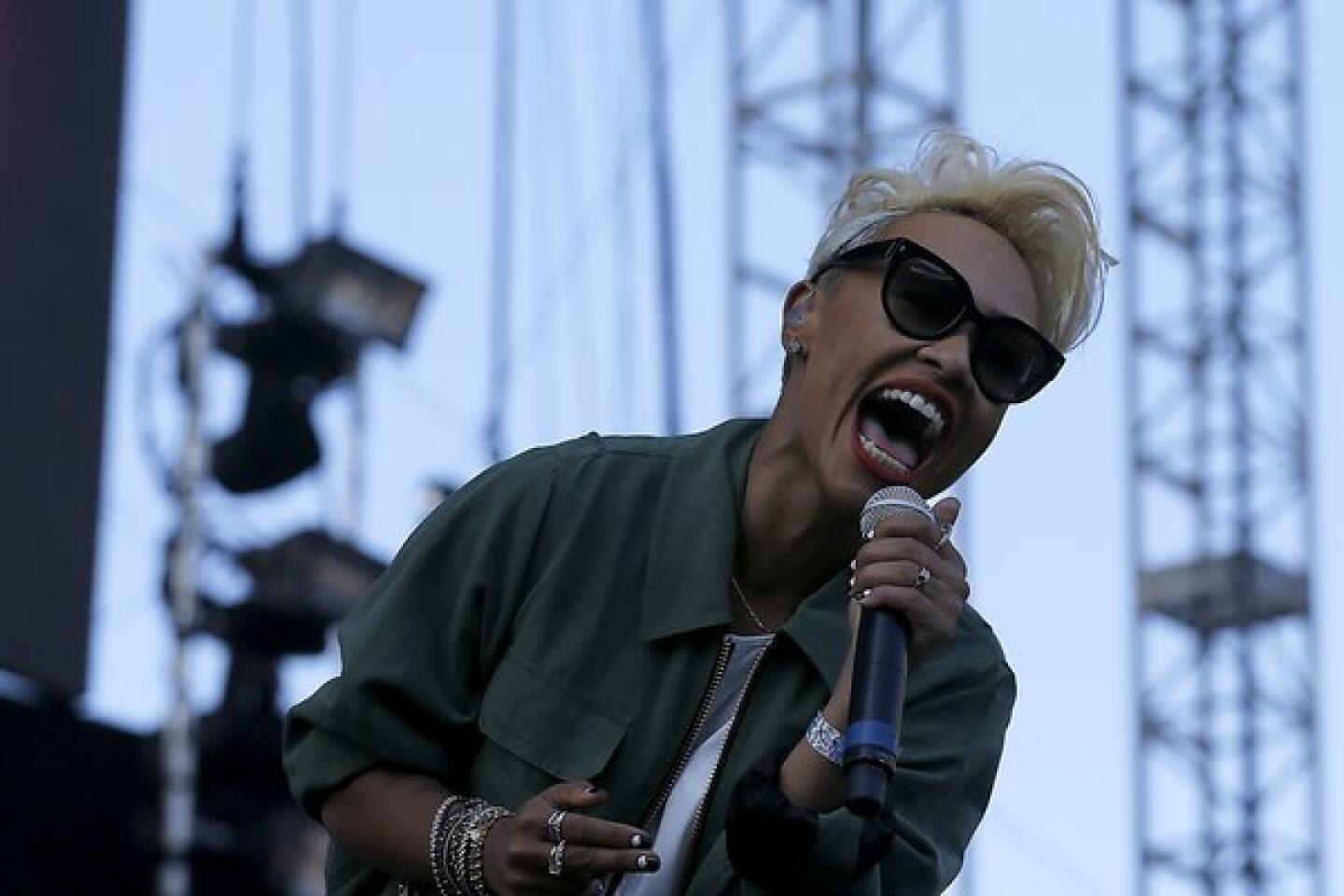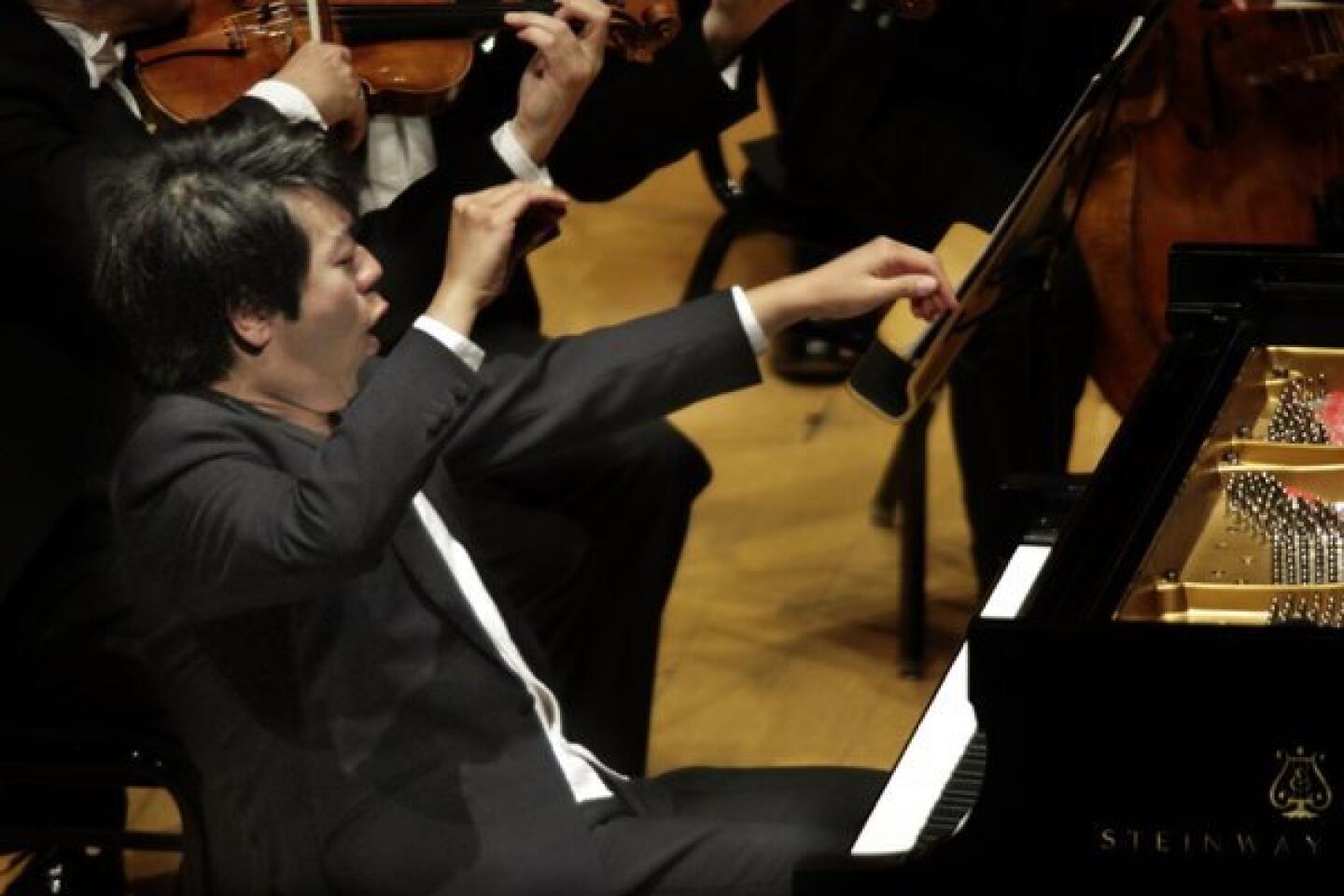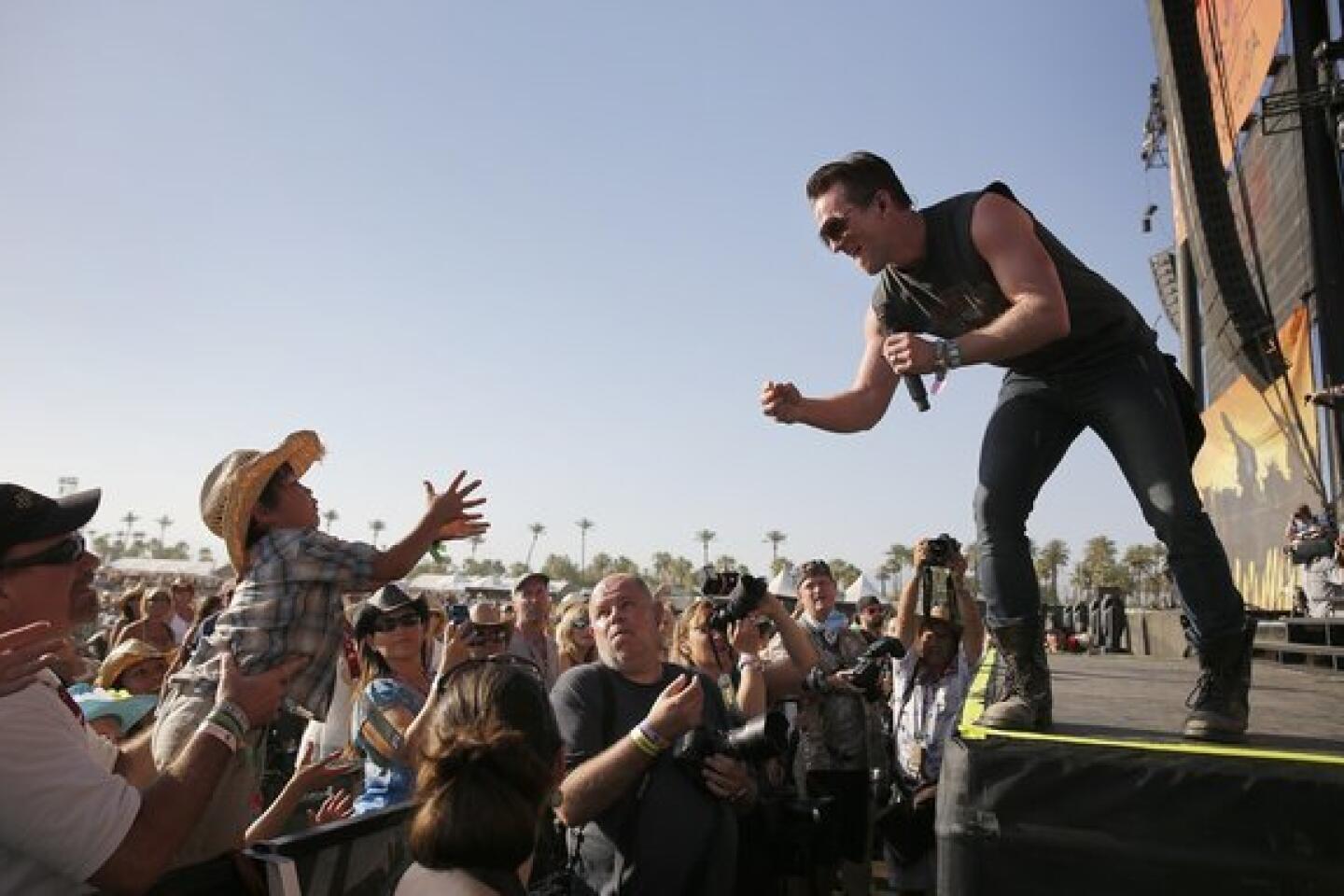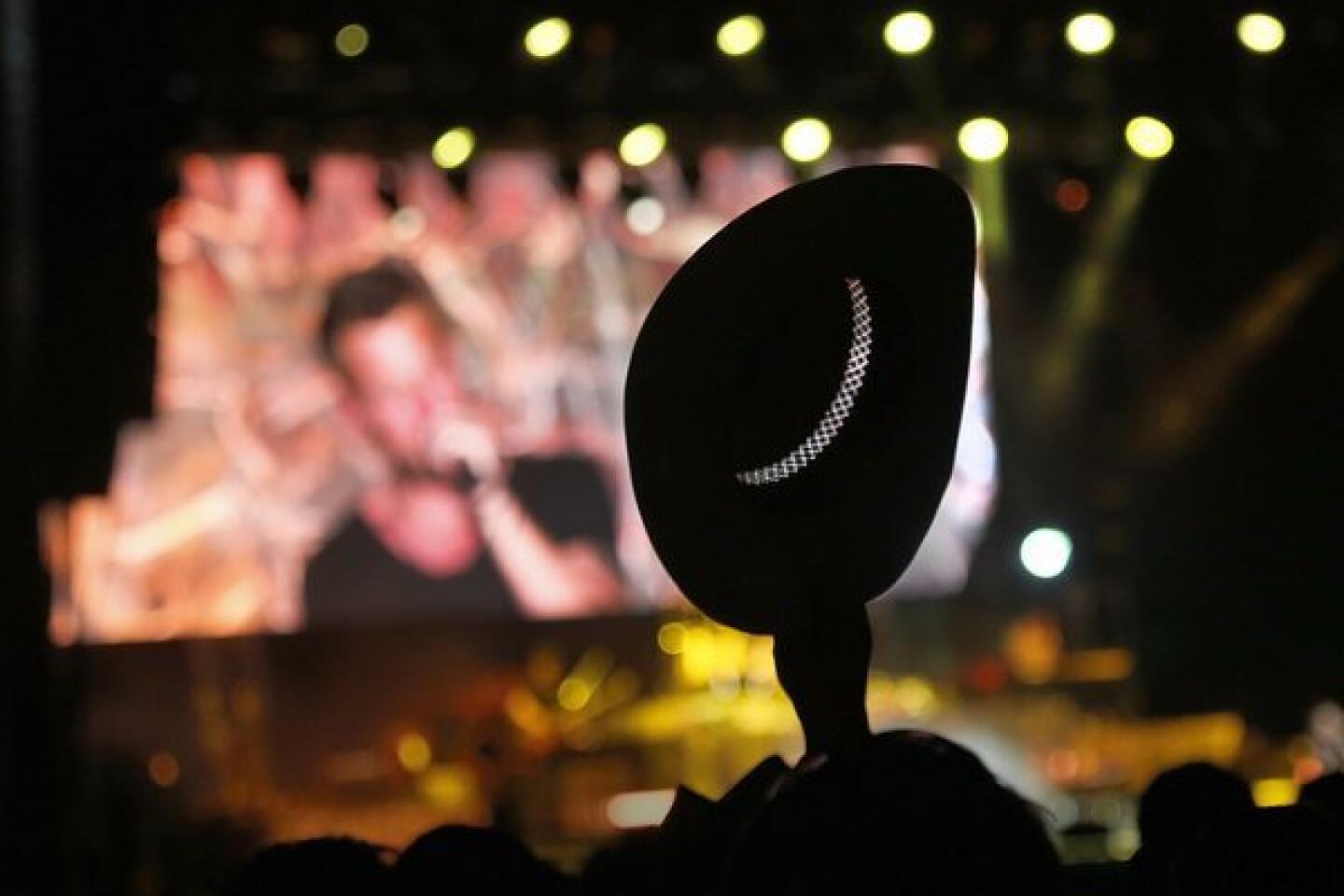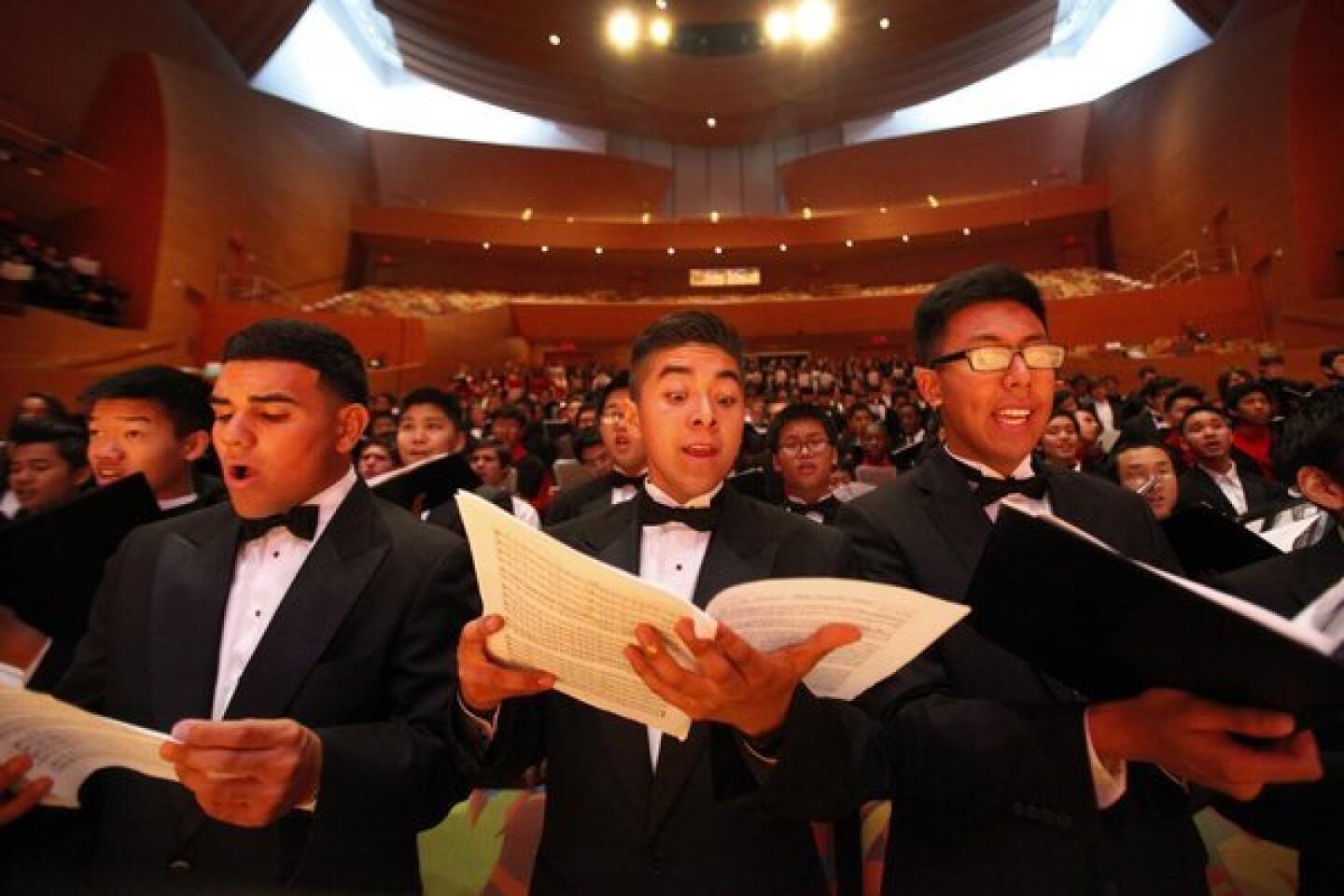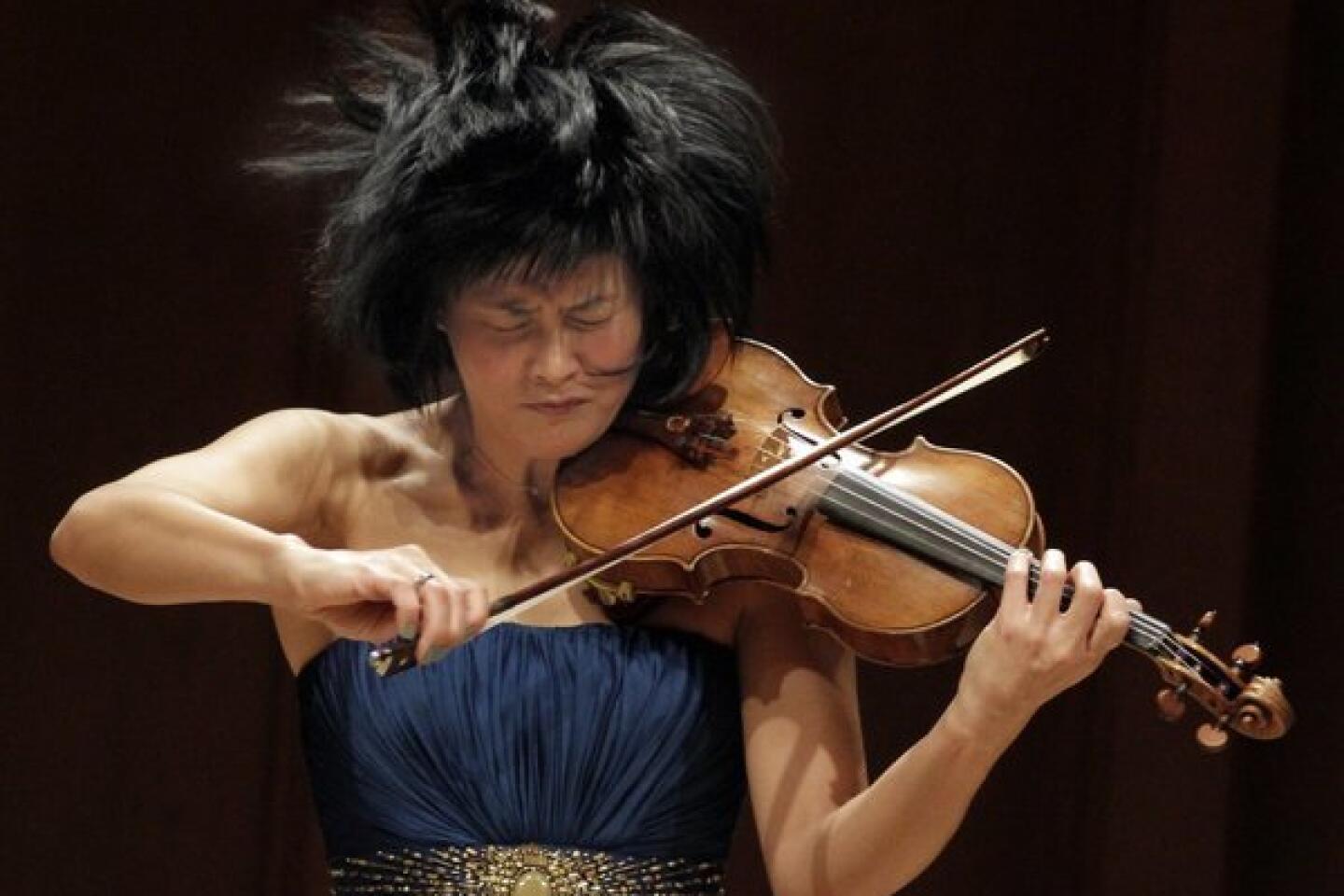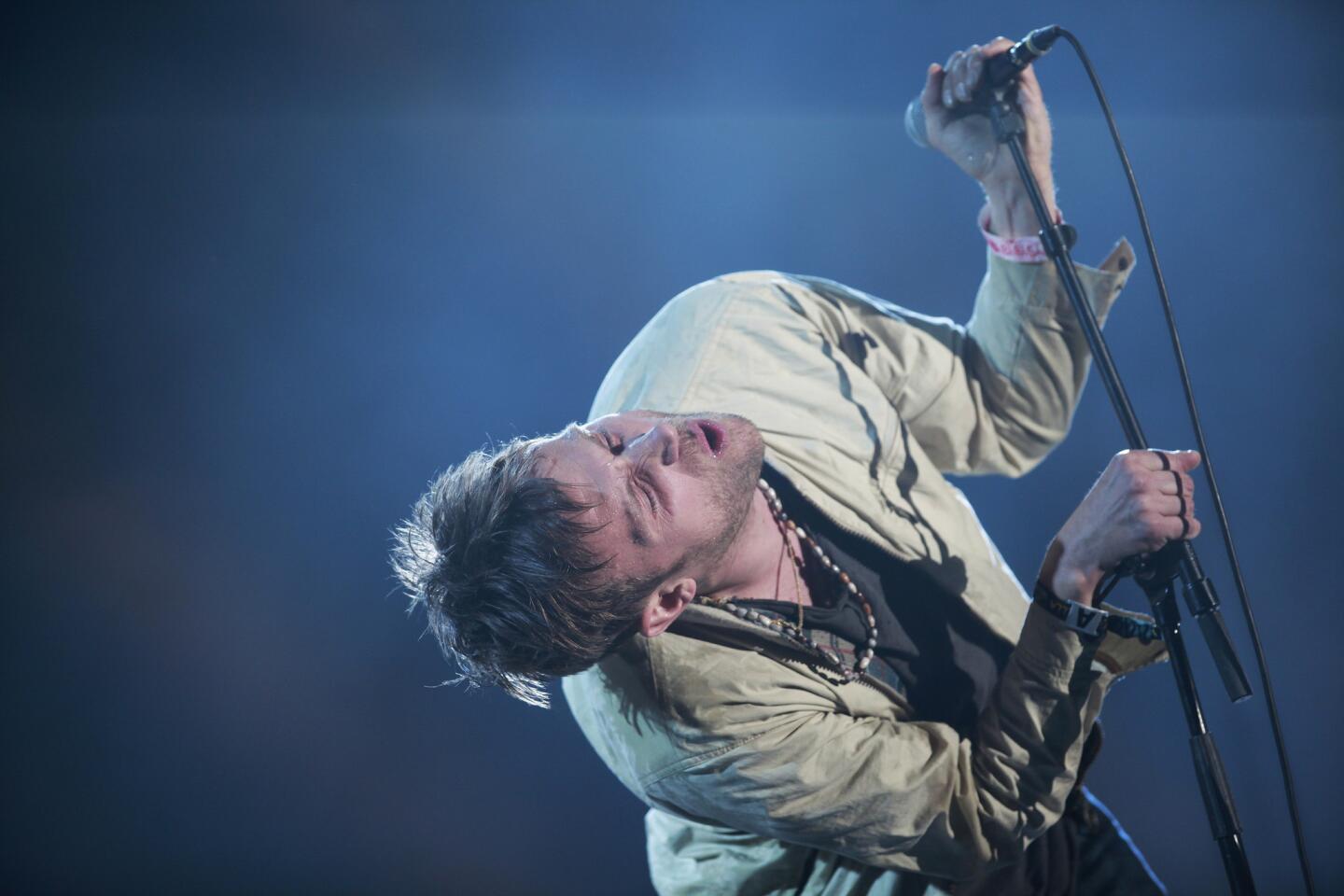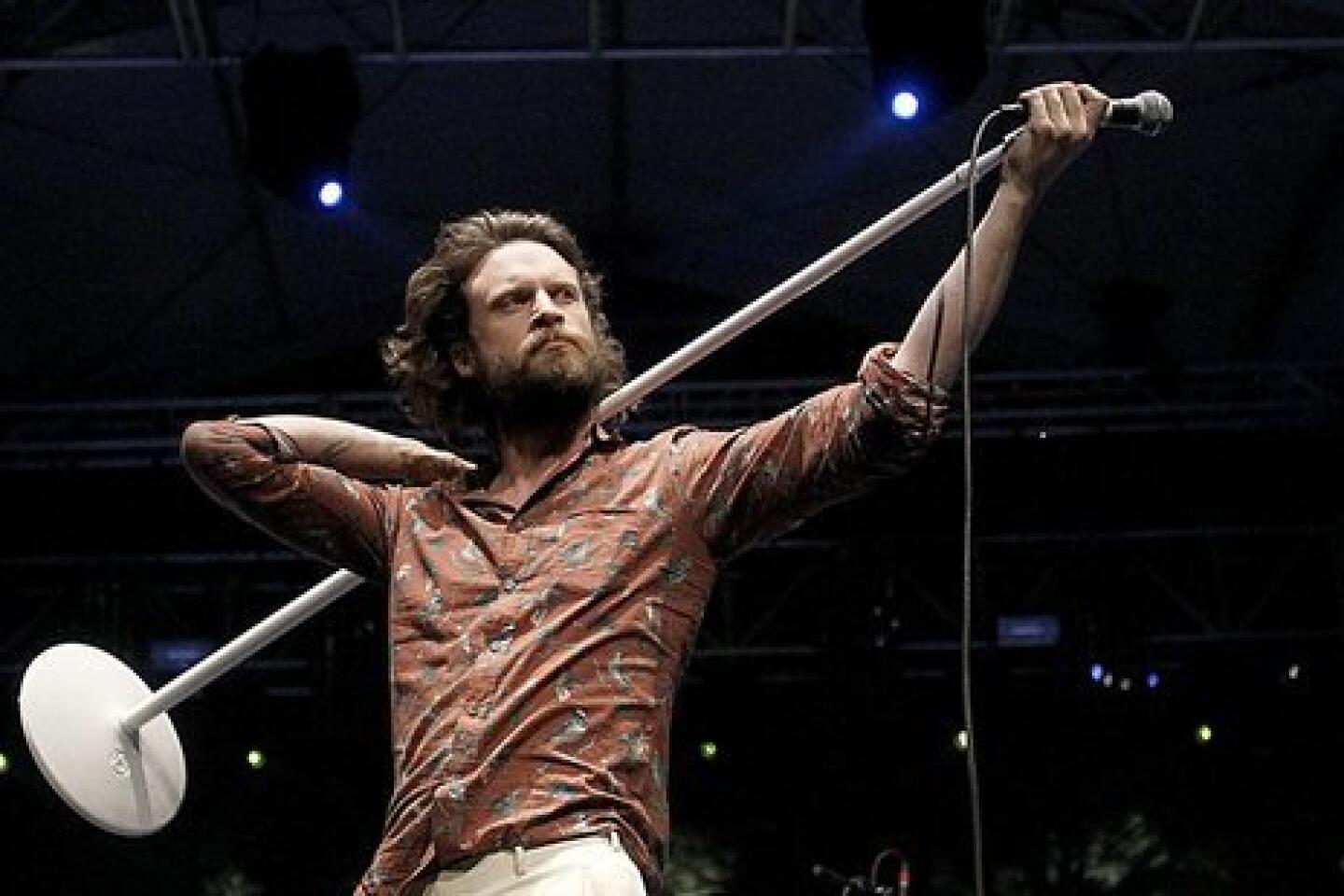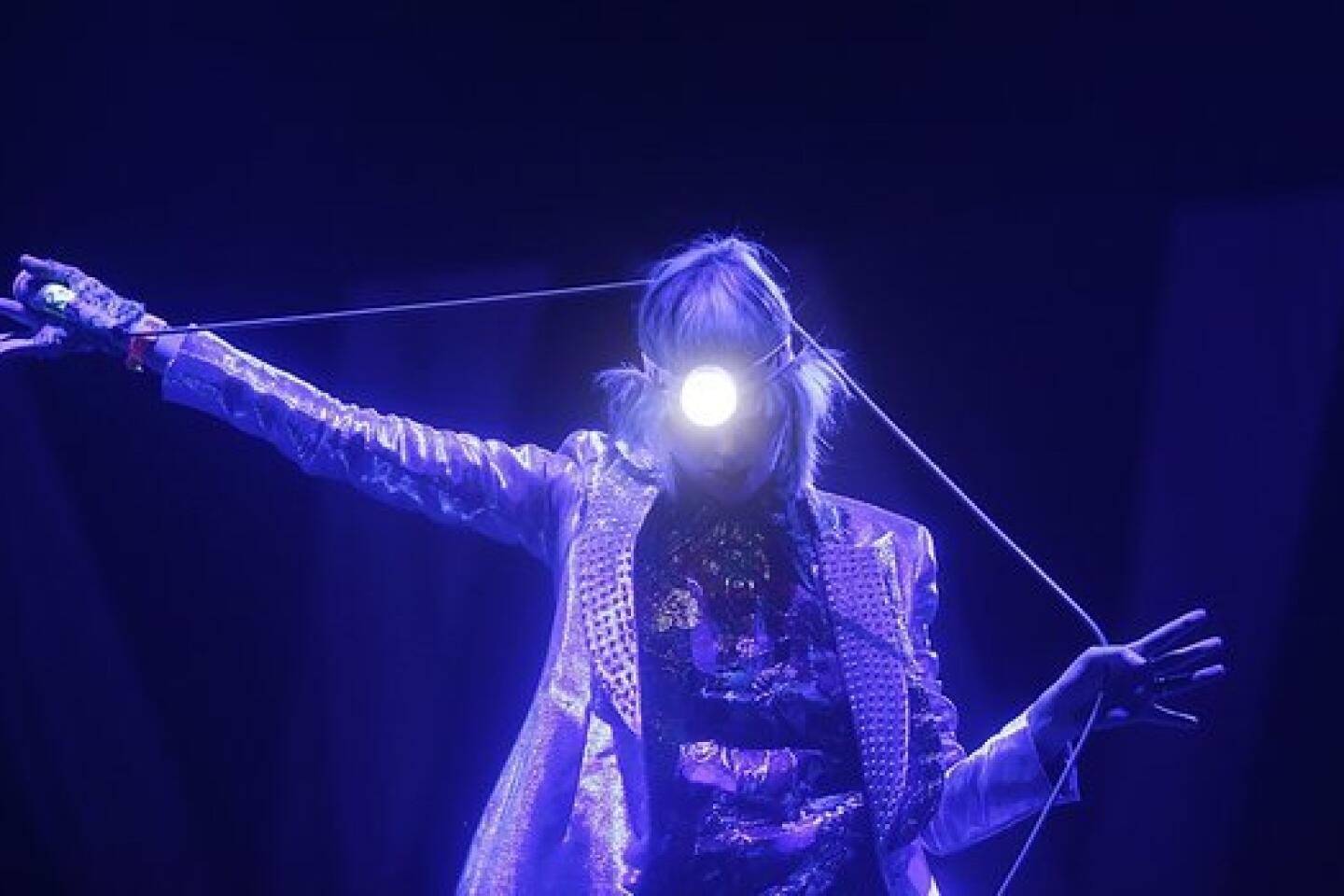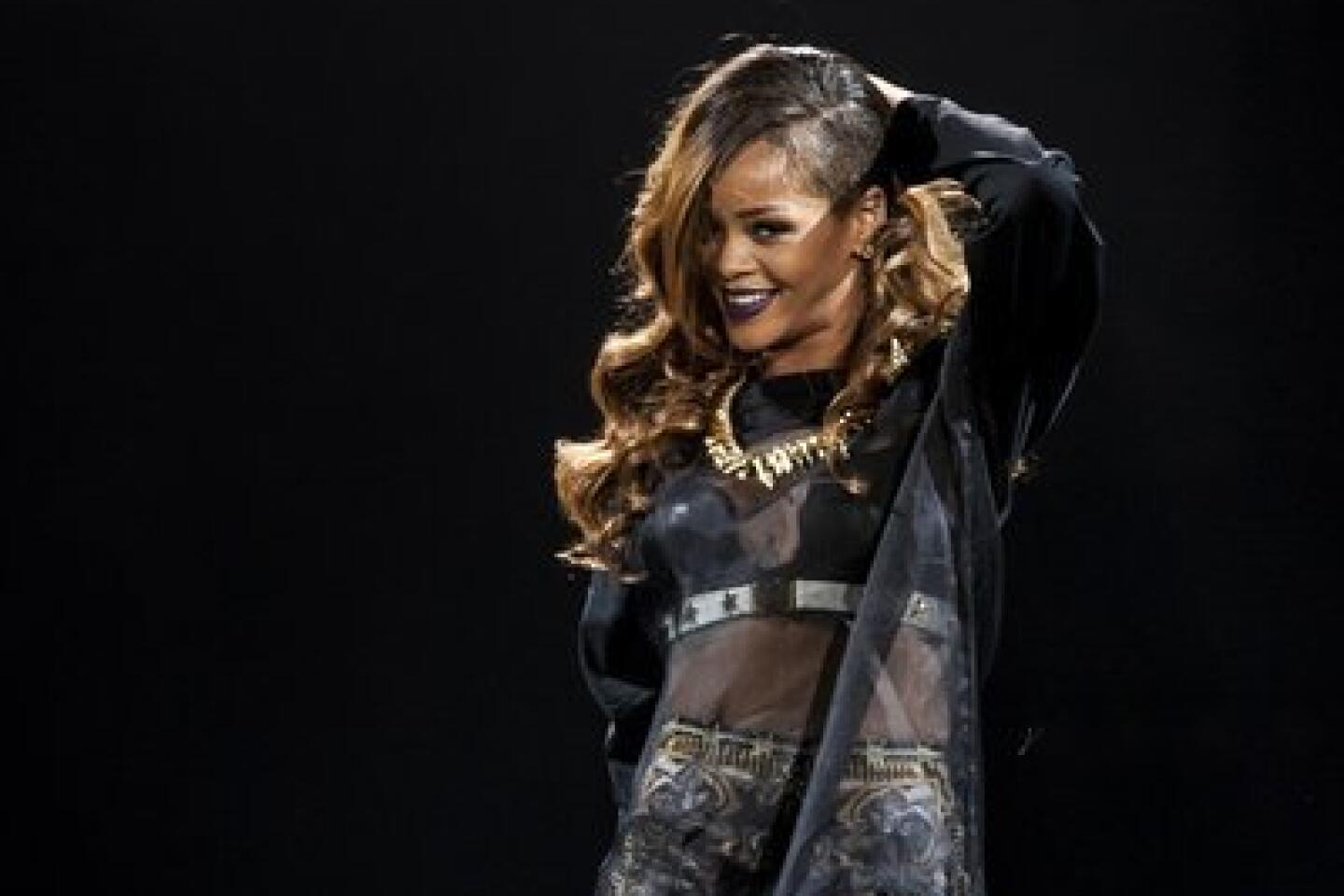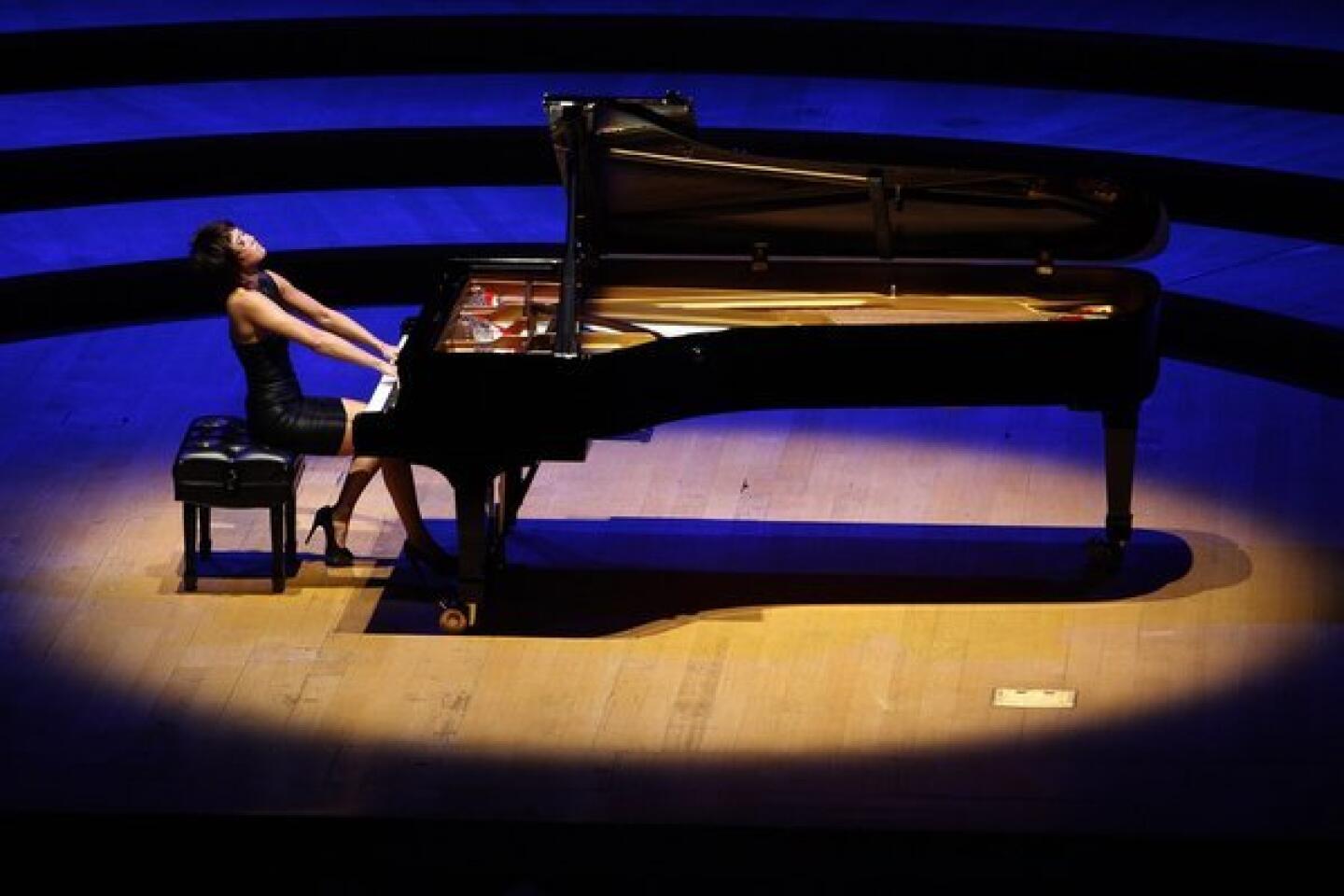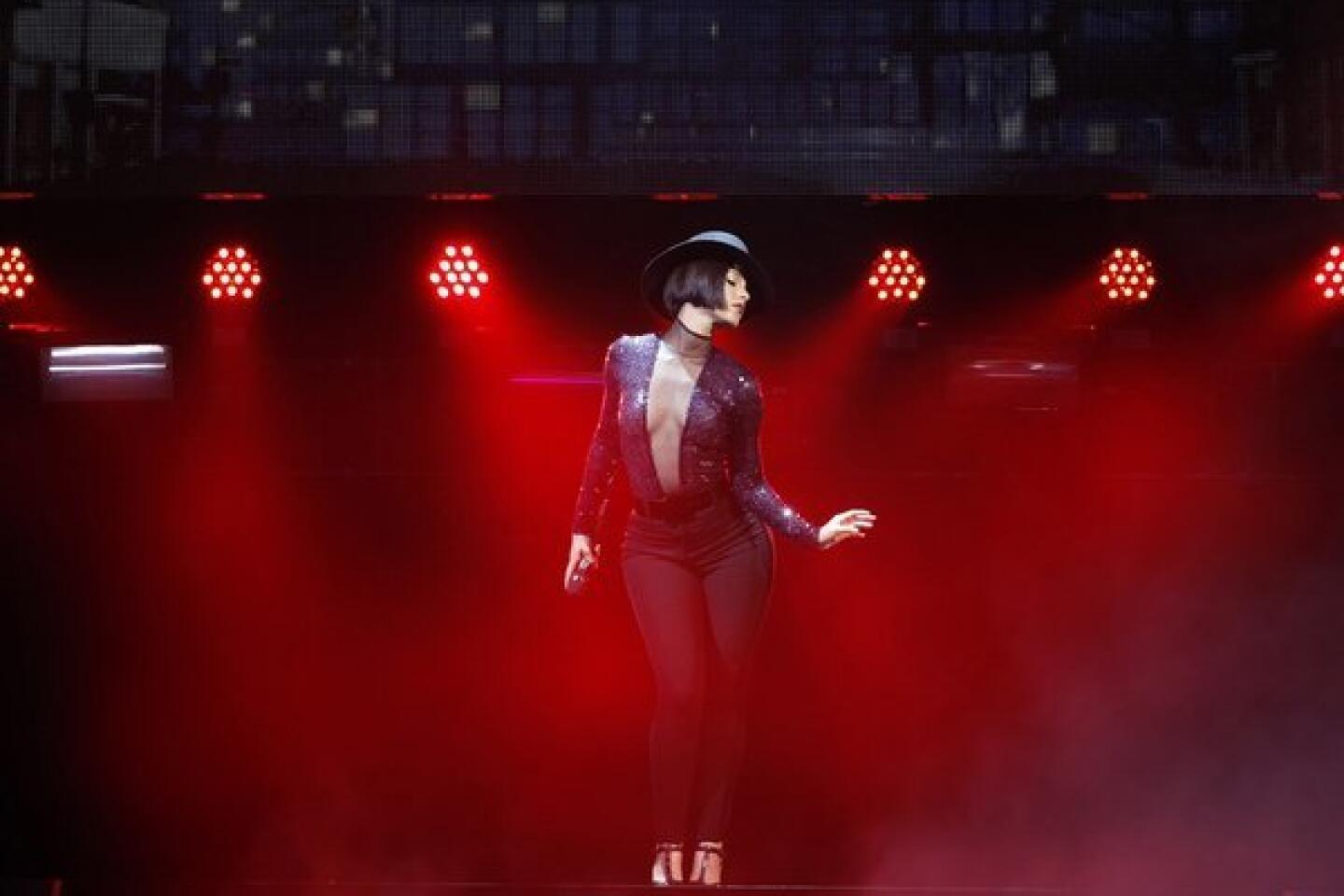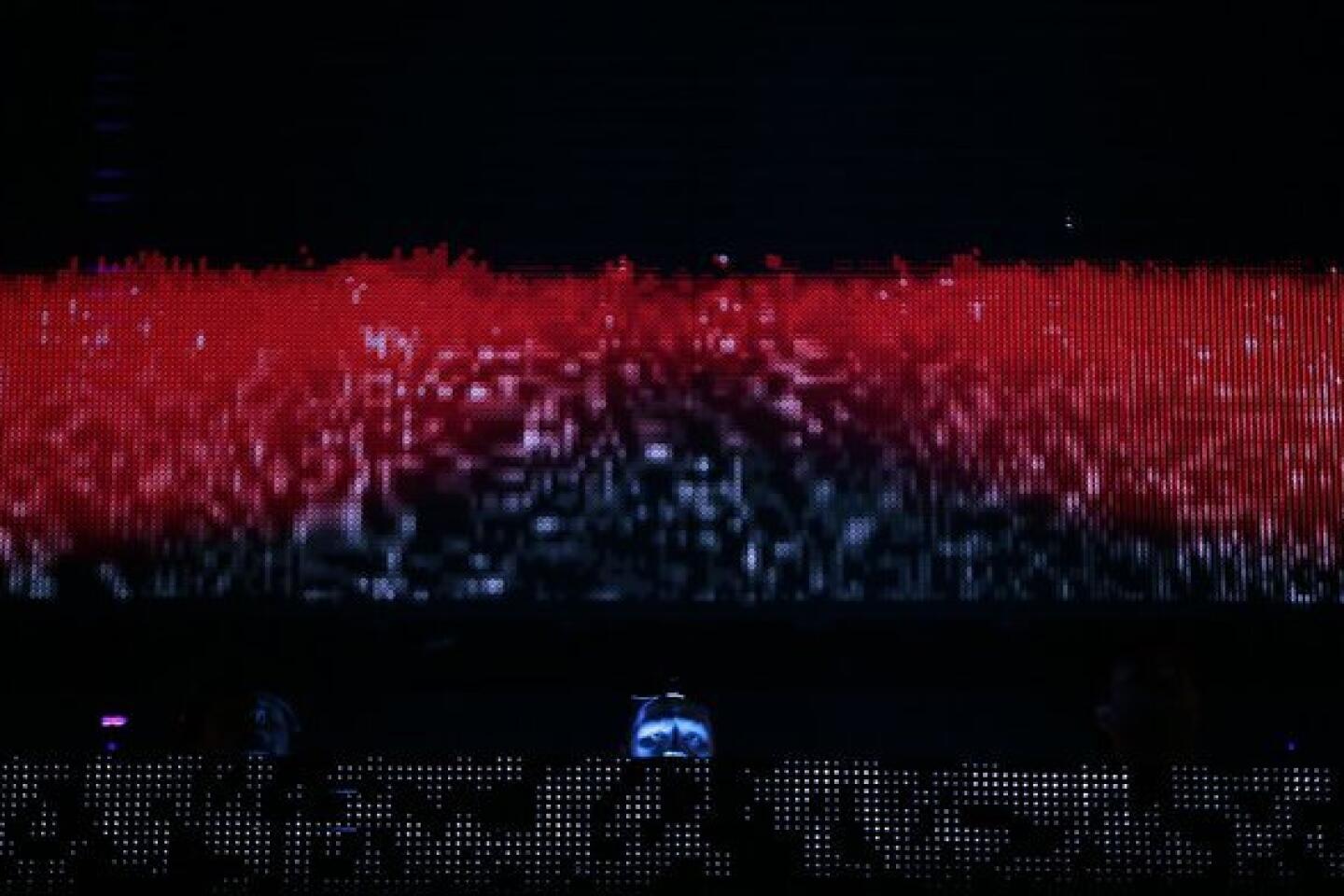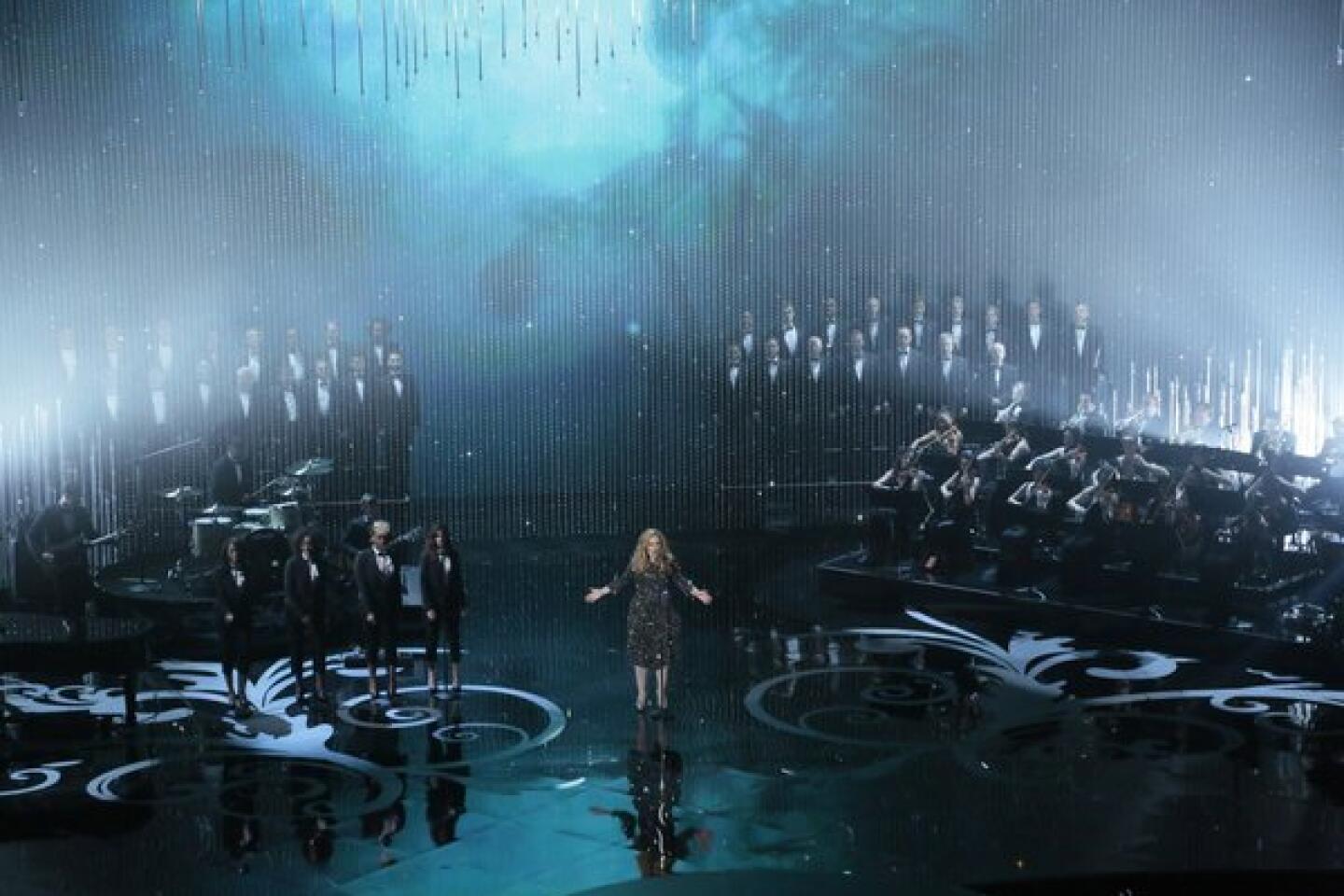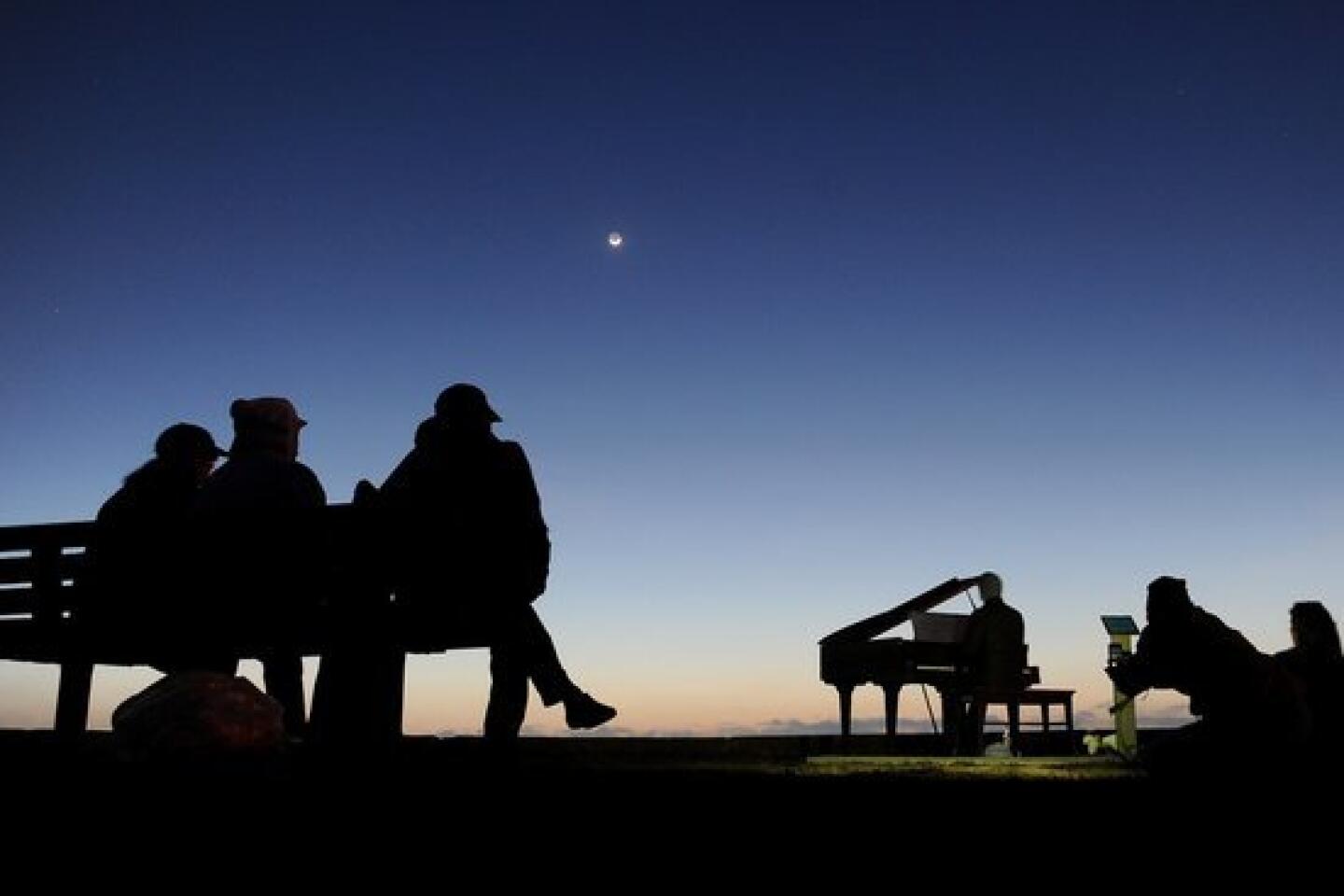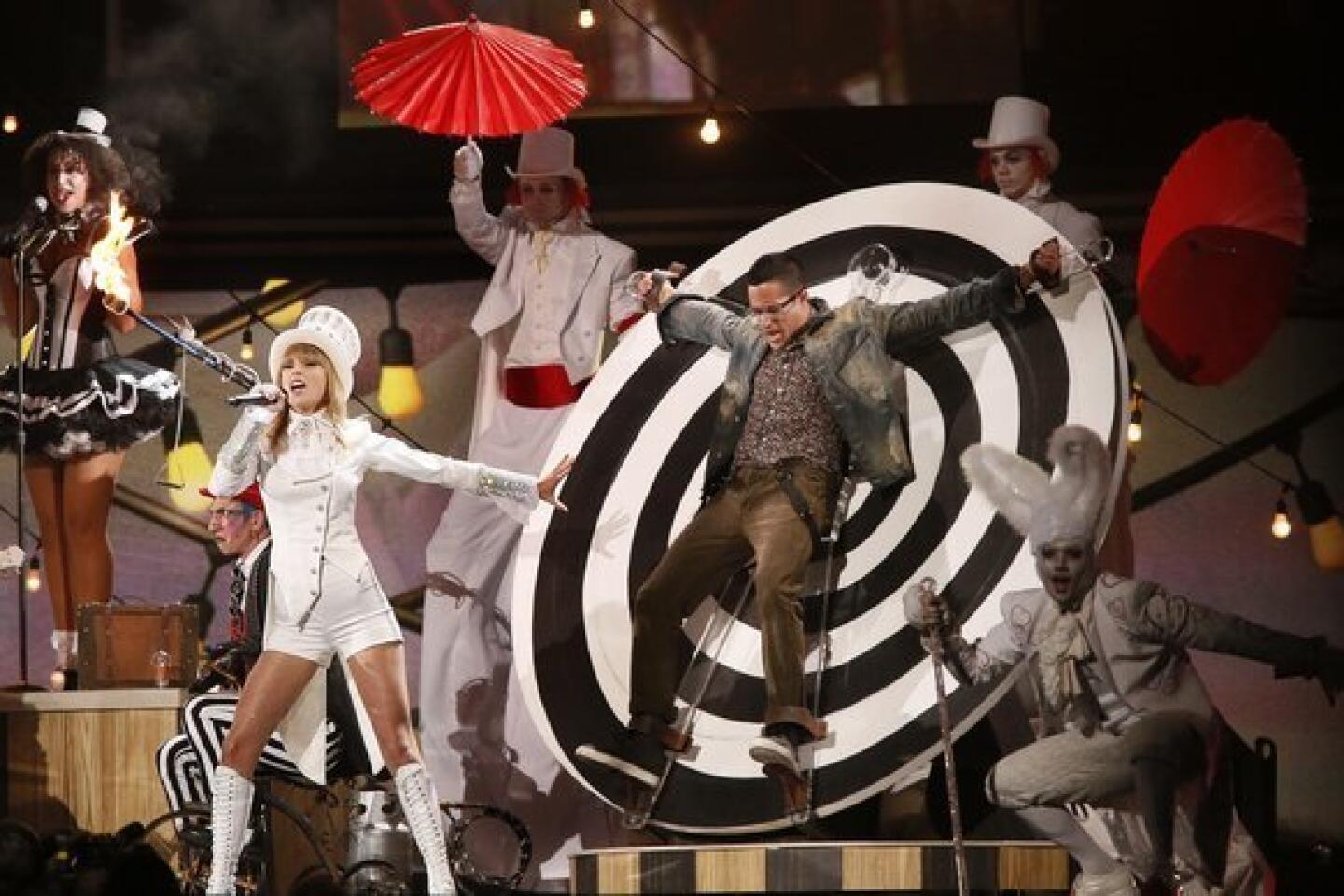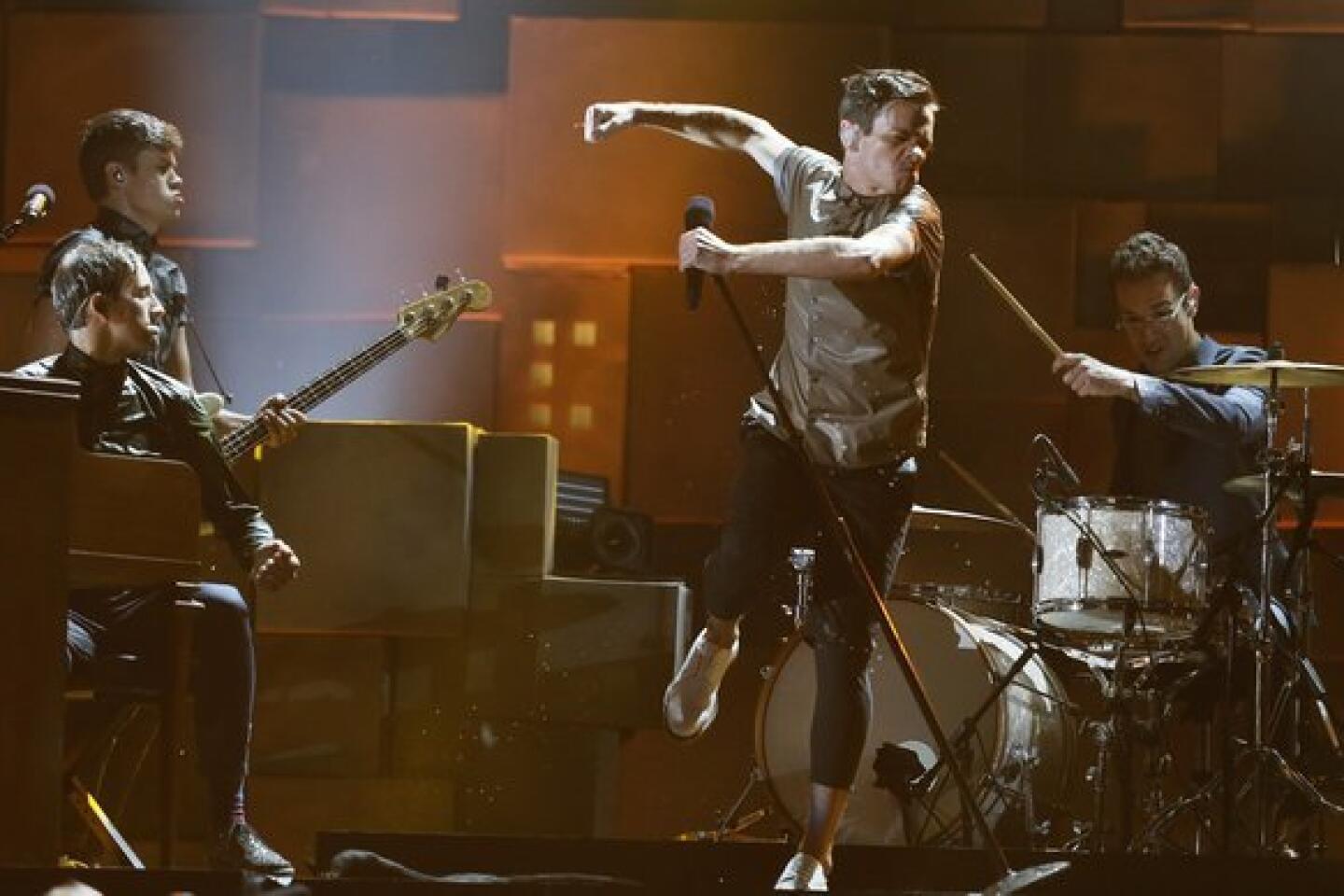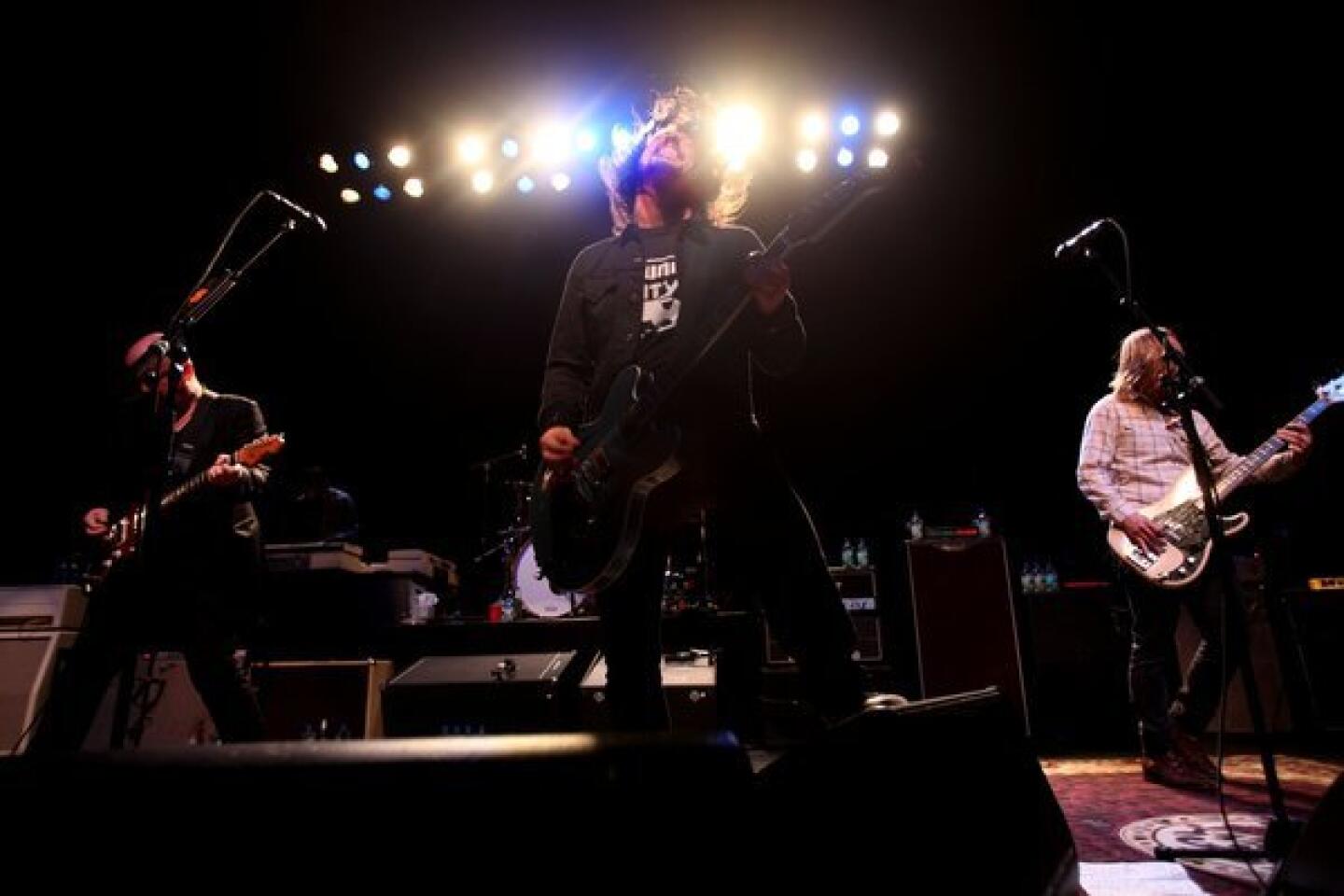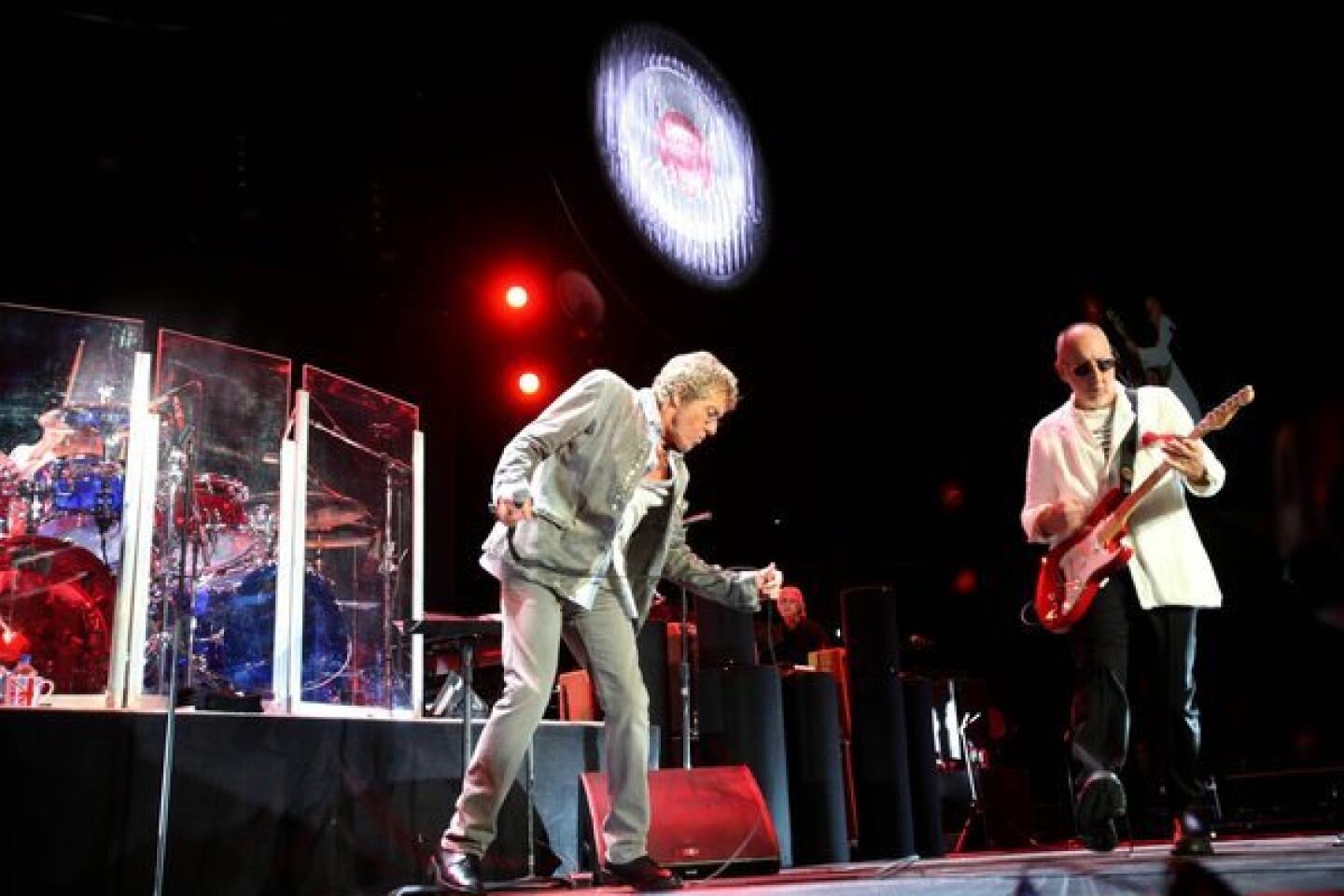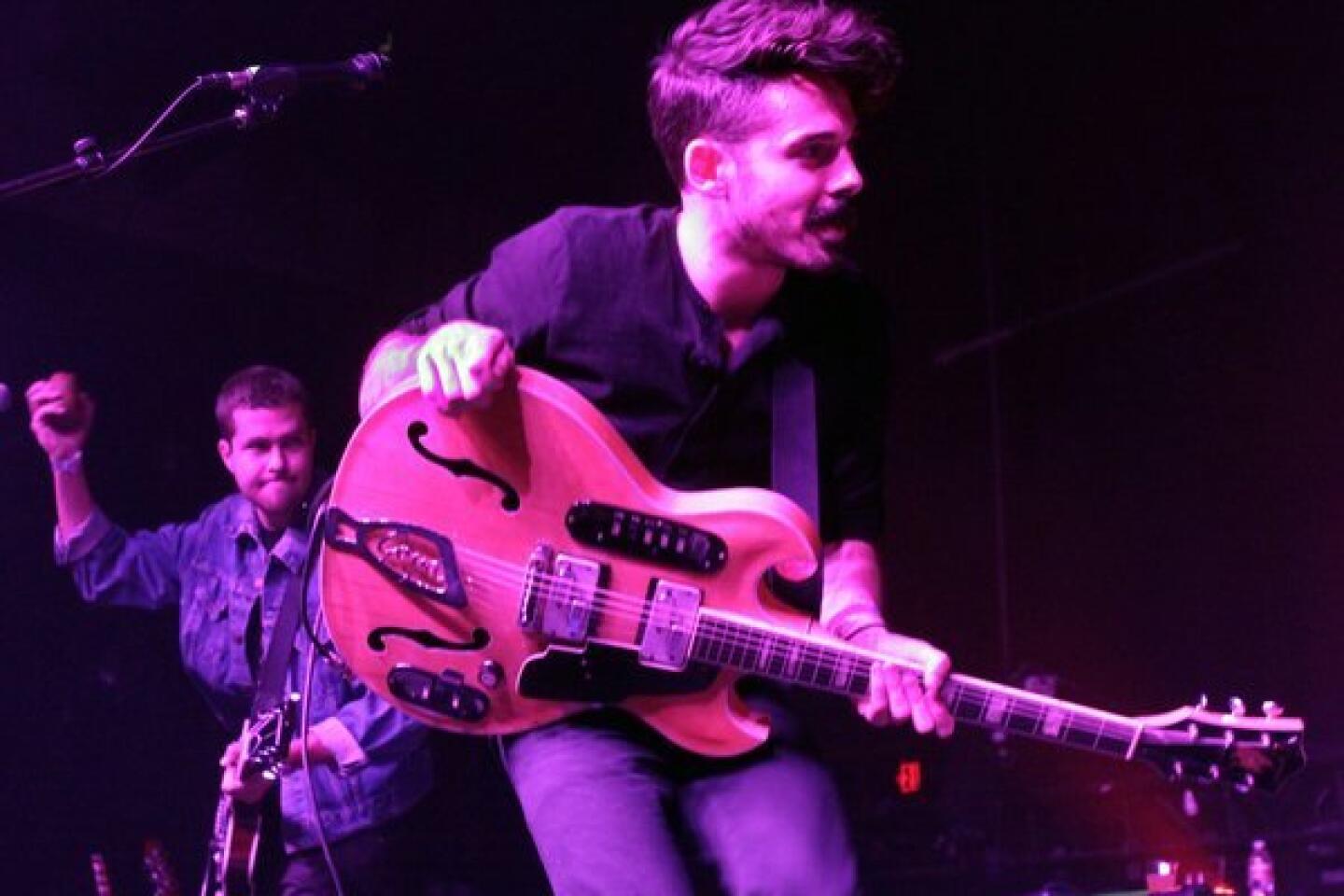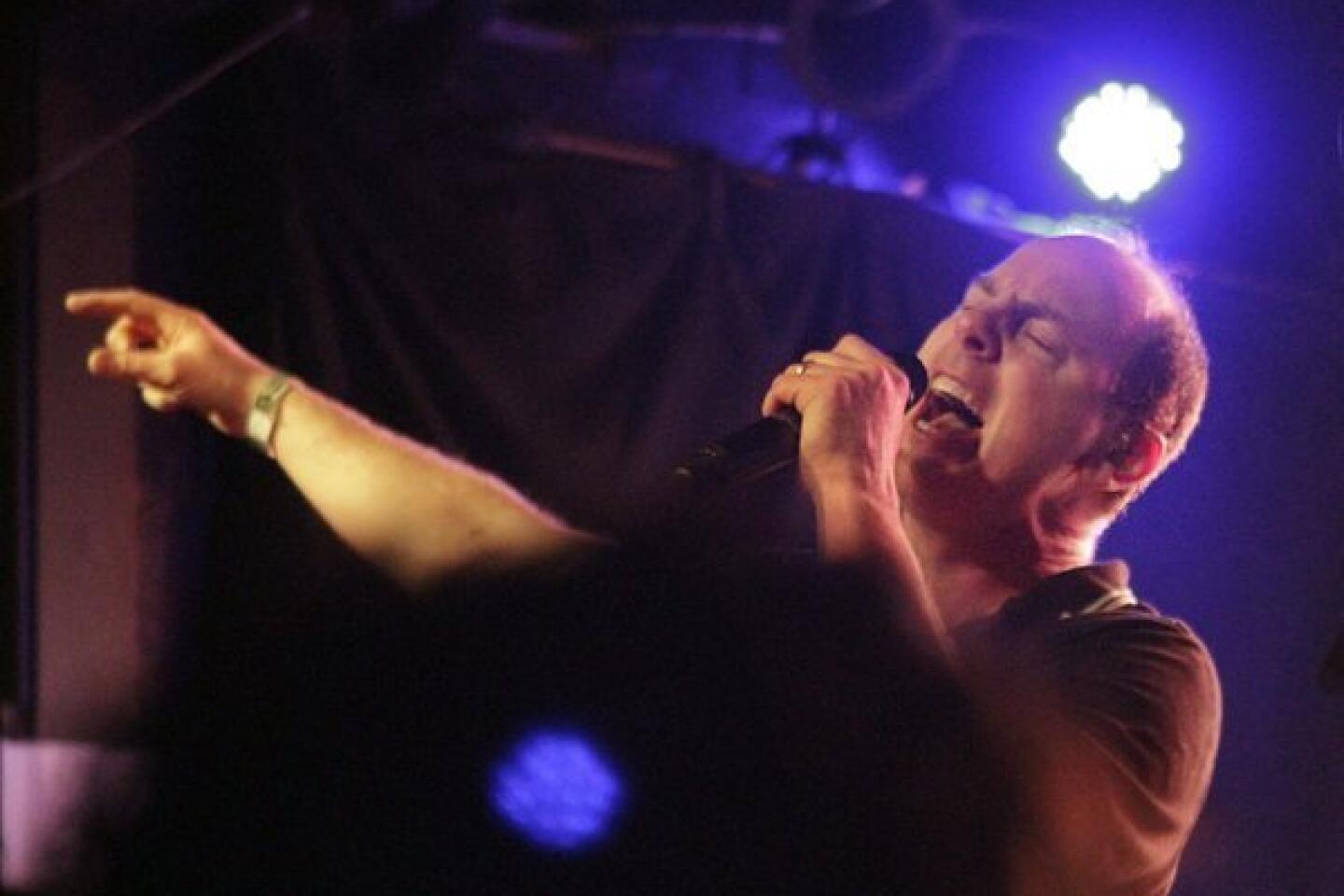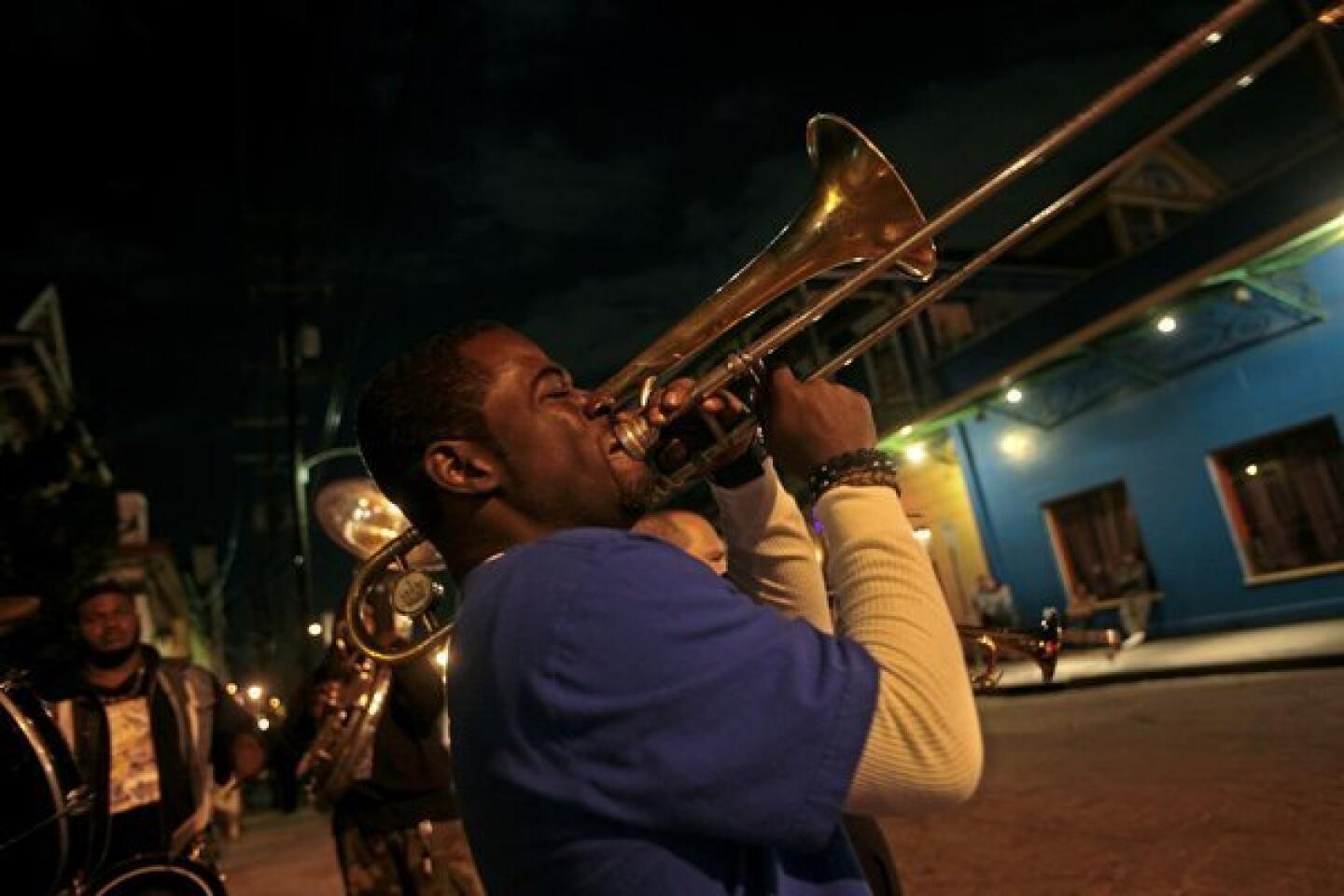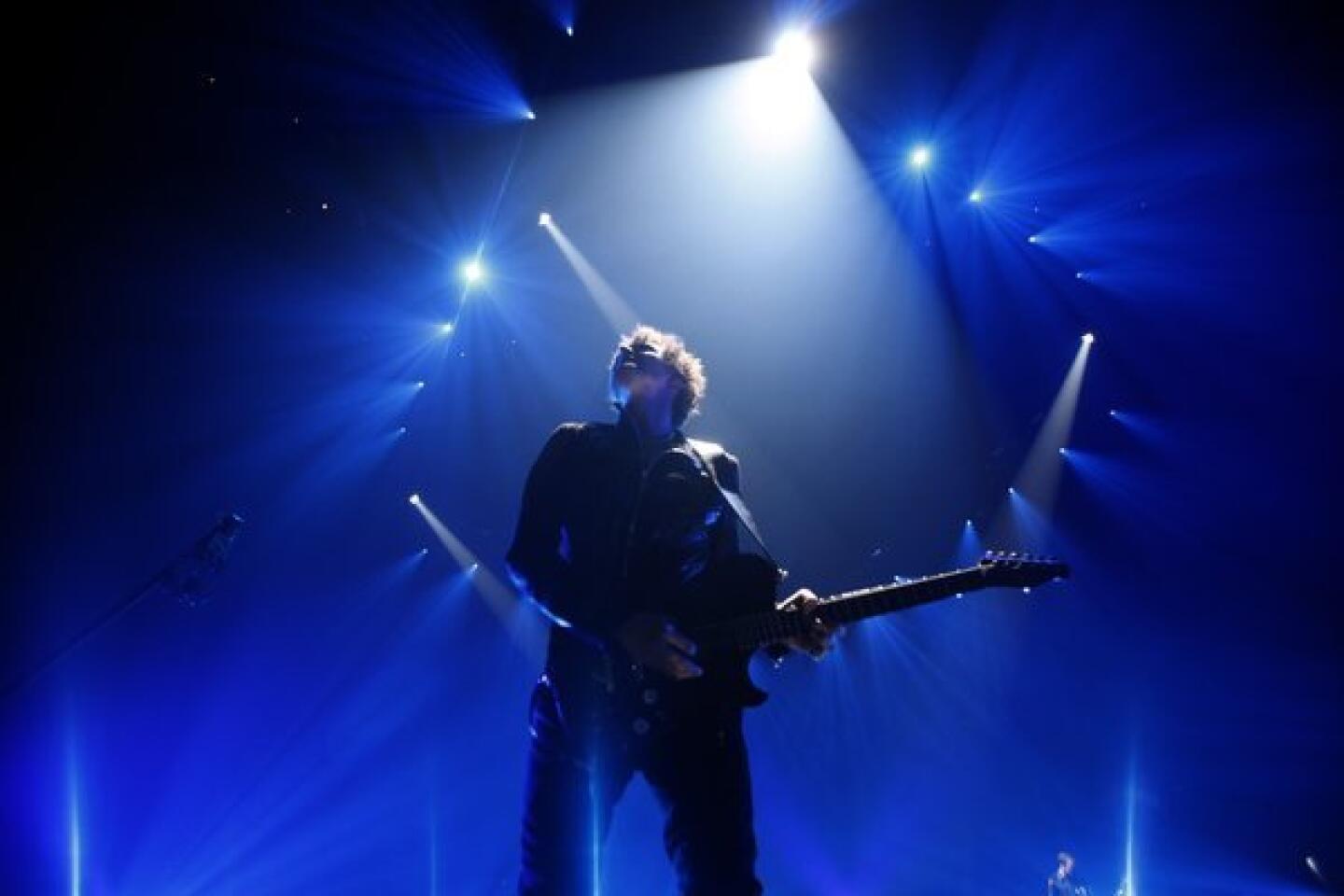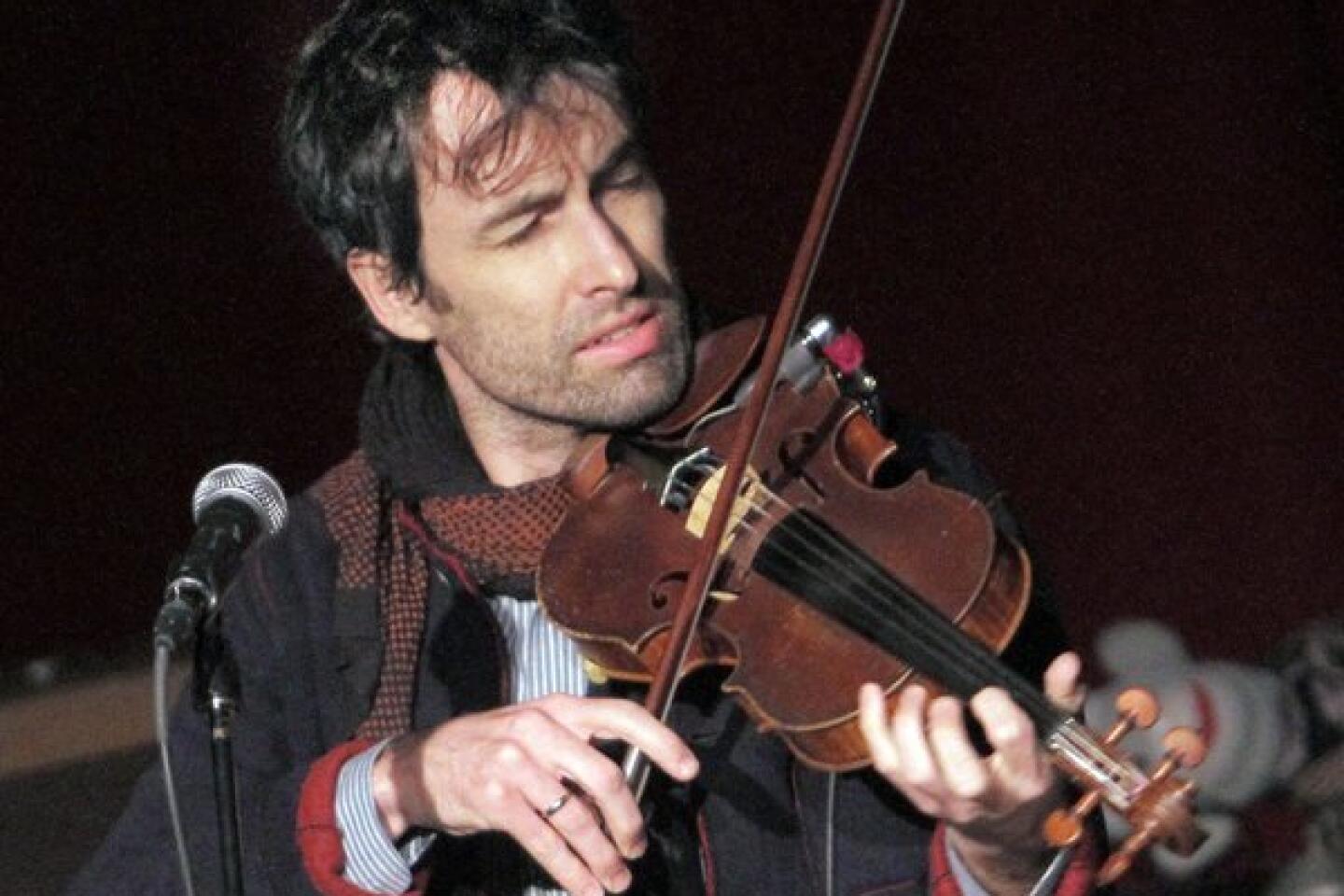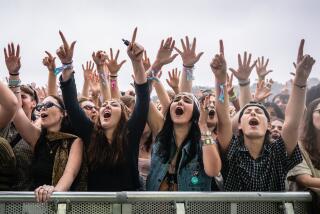Review: Angel City Jazz Festival rolls on despite growing pains
Six years in, it’s reasonable to expect some growing pains from the Angel City Jazz Festival.
Heading into its third and most conventionally “festival-like” concert on its six-night schedule, which offered a slate of four acts under clear skies at the John Anson Ford Amphitheatre, the festival still couldn’t escape the shadow of a run of bad luck with scheduling.
With the event’s most buzzed-about act -- the Robert Glasper Experiment -- canceling its show due to a scheduling conflict, the festival rebounded fast by booking the Terence Blanchard Quintet in his place for Oct. 12. But just as the sun was setting, festival emcee LeRoy Downs announced from the stage that Blanchard had also canceled his appearance (a festival representative later cited “circumstances beyond our control,” and said all pre-sold tickets would be refunded).
As a result, instead of a show at Zipper Hall on Oct. 12, the festival will present a free screening of the next-generation jazz documentary “Icons Among Us” at the Little Tokyo club the Blue Whale. That will be followed by a previously booked night celebrating the birthday of the late Freddie Hubbard, which will feature Henry Franklin, John Beasley and trumpeter Ambrose Akinmusire (the Blue Whale’s ticket charges still apply).
Still, despite the pangs of concern for a music festival -- particularly one as ambitious as Angel City in a still-uncertain economic climate -- the rest of its run has gone as planned, with Sunday’s event offering an expected blend of tradition and experimentation.
Although this year’s installment may be missing the star wattage of previous bills, which have included Ravi Coltrane, Archie Shepp and Dave Douglas, its core message of the music’s ability to transcend stylistic and generational boundaries remained strong. That goal was heard clearly in an opening set with the Richard Sears Group, which featured 78-year-old drummer Albert “Tootie” Heath, who has played with a history book’s roster of jazz greats that includes John Coltrane, Dexter Gordon and Lester Young.
Heath has been one of the stories of the year, with this summer’s beautiful, generation-spanning album “Tootie’s Tempo,” with bassist Ben Street and the Bad Plus’ Ethan Iverson on piano. Although booking that band would’ve been a coup, Sears’ group proved nimble foils for Heath’s playful mix of swing and funk-leaning locomotion on a suite commissioned by the L.A. Jazz Society in Heath’s honor.
A bandleader in his own right, reedist Steve Lugerner delivered some inspired and acrobatic runs on saxophone and bass clarinet, but the drummer in the bow tie remained the focal point. Frequently grinning ear to ear, Heath drove the group with a blend of power and mischief behind the off-balance piano of Sears, who worked to keep pace with Heath’s drive during a bright duet.
Returning for a second Angel City appearance, Kneebody delivered its signature, tightly wound mix of jazz, bent indie rock and electronica. Although the group’s daring live shows can deliver some hair-raising feats of off-time pace and melody, this set primarily focused on Kneebody’s more at ease, melodic side as heard on the new album “The Line.” Built around an off-kilter groove from drummer Nate Wood, the herky-jerky “Nerd Mountain” was marked by a tightly wound interplay between saxophonist Ben Wendel and trumpeter Shane Endsley, who spiraled around Wood’s almost inhuman-sounding beat as it continued to hiccup, warp and reform again with a quicksilver pace.
Cuban saxophonist Yosvany Terry offered a welcome venture into postmodern Cuban jazz, mixing the occasional snippet of salsa-ready melody with rich post-bop. Pianist Osmany Paredes offered a nimble counterweight to the harmonies of Terry with trumpeter Michael Rodriguez on “Harlem Matinee,” and a later piece spiked by a growling Spanish vocal break from Terry and a rattling percussion turn on chekeré briefly took the Ford down a darkened Cuban backstreet by way of midtown Manhattan.
In another reach across the generation gap, saxophonist Greg Osby offered swerving, serpentine leads that tested the mettle of his backing trio, which was composed of students at the Thelonious Monk Institute at UCLA. A fixture on Blue Note Records in the ‘90s, Osby zigzagged through an array of crisp, off-balance melodies that were matched every step of the way by dreadlocked drummer Jonathan Pinson.
Eventually joined by clarinetist Anat Cohen, Osby’s band closed the night with a busy run through a few standards. Though it could be seen as a contrasting move for a forward-looking festival that in previous years has been spiked by ventures into scorched earth avant-garde with appearances by Nels Cline, Satoko Fujii and Vinnie Golia, it underscored the festival’s determined connection with history.
As Cohen pulled at the melody of a gently swung “Mack the Knife,” with Osby shadowing her every step, the song’s familiar shape was stretched somewhere new, marking a gentle echo of a festival that strives to follow the same path.
ALSO:
Review: Haim’s irresistible ‘Days Are Gone’
Can the Santa Monica Pier become a great concert venue?
Fiona Apple sings new songs at tour opener, ends by heckling heckler
Twitter: @chrisbarton
More to Read
The biggest entertainment stories
Get our big stories about Hollywood, film, television, music, arts, culture and more right in your inbox as soon as they publish.
You may occasionally receive promotional content from the Los Angeles Times.
